Why Does a Horse Whinny? Unraveling the Secrets!
Feb 18, 2024 | Super Equestrian
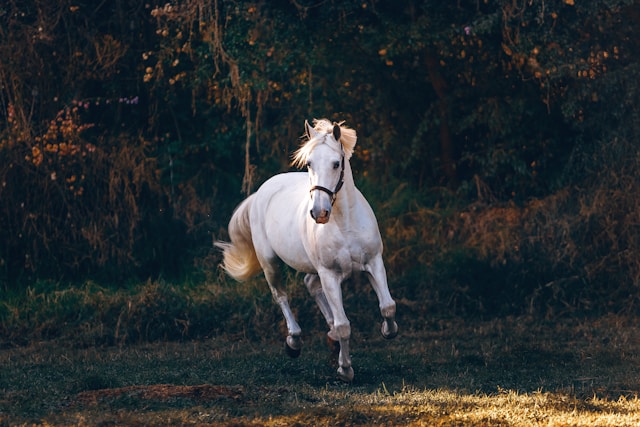
Let's be real, horses aren't into small talk. They won't chatter about the weather or the latest gossip. When a horse makes noise, it's serious stuff. Their sounds—snorts, whinnies, and neighs—speak volumes about their feelings: happiness, fear, anger, you name it.
I'm pretty hooked on understanding them, and I bet you are too if you're here.
Who wouldn't want to figure out what these majestic animals are saying? Well, today, let's decode the mysteries behind those loud whinnies. We'll dig into why they use them for long-distance communication, expressing emotions, socializing, and even just saying "hi" (or "give me food, now!")
1. How Do Horses Create Whinnies?
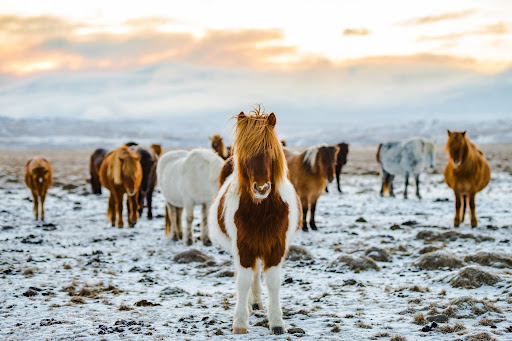
There are nine different vocalizations of horses, whinnies are one of them. A whinny is the vocal communication of a horse.
a. Anatomy of whinny
Horses have larynges in their throats. Inside larynges, two pairs of membranes act as vocal cords. When air is expelled, the pressure vibrates the folds of the vocal cords and makes sound. These sounds are known as neigh or whinny.
When horses make whiney, muscles around the larynges control the quality and pitches of the whinny. The whinnies are categorized into two types. One is a high-pitched starting. It is when the air passage is narrowed as vocal cords come close together. The other one is lower-pitched ending. It happens when vocal cords are relaxed and there is more air passage into the lungs.
b. Decoding the whinny
Whinny conveys different types of messages depending on the situation, pitch, and duration. Sometimes they are gentle, sometimes it's louder, and sometimes it's more like a scream.
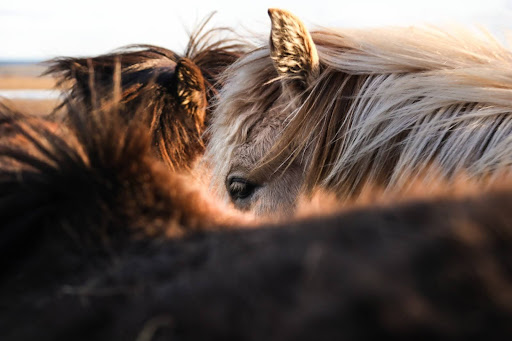
Here are some examples for your clear understanding:
- Long and loud whinny: When horses are away from their other mate, they make long and loud whinnies to address their mates and, to draw attention to themselves.
- Soft whinny: When a horse wants to greet someone or be happy to see its familiar handler, it makes short and soft whinny. Horses whinny gently when their friends are close by.
- High-pitched sequel: When a horse senses fear or feels aggressive, it puts extra force to make whinny. It comes out very louder like a roar. It also happens when a horse neighs with lots of emphasis, which can be a sign of anger. Sometimes Mare makes high-pitched sequels when it is harassed by stallions.
c. Body language cues:
Mostly to understand what horses are saying, you may focus on their vocalization. But, the horse uses body language combined with its vocalization. Understanding them is not hard if you spend time with your horse more often. The ability to read your horse’s behavior can set you apart and also enhance your natural horsemanship. You can check for:
⇒Ear position:
When you see your horse with stiff ears with a whinny, then your horse is alert and focused on what is in front of it. It can be a sign of curiosity or the horse may want some attention. When you see your horse’s ear pinned back close to the neck with the whinny, then it indicates the horse may be angry or about to kick. Ears that are flickering back and forth are a sign that, your horse may be anxious or bothered by smell.
⇒Tail swishing:
When you see a horse's tail swishing high with a whinny, maybe the horse is feeling playful and happy. Sometimes high tailing by mares is just to attract stallions for mating. If you see rapid tail swishing, it indicates the horse is feeling tense, nervous, or irritated. If the tail is held low and tight along with a whinny, it's a sign of fear.
⇒Facial expressions:
If you see a horse with a relaxed mouth with closed eyes, it's a sign of contentment. If you see a horse with bared teeth and a high-pitched winny, it's a warning sign that the horse is lashing out of fear.
2. Why Horses Whinny?
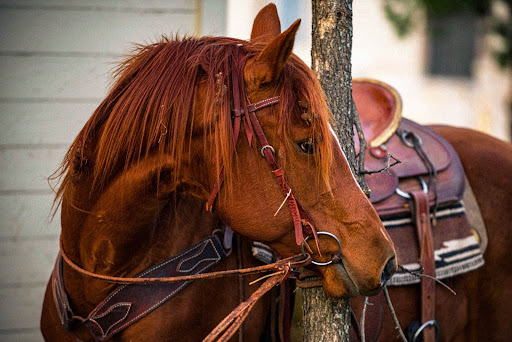
Several reasons give horse stimuli to make whinny. Whinny is one of the communication ways of horses. If you wonder why horses whinny, let me give you some detailed points that you can count on:
- Loneliness: Horses are herd animals. They like to be together in a group or want their human handler close by. When they don't see other mates of the herd they feel separated and lonely. Then to grab the attention of others horses make whinnies and call out them.
- Greeting: When we see our friends we often like to greet them. Horses are human-like in this. When a horse makes a good bond with its owner or handler, it makes a whinny as a greeting gesture. It's like we say ‘Hey’ to our best friend.
- Excitement: When a horse sees something interesting it makes whinnys. As example-
Stallions make whinnies to attract mares for mating. Mares also responds with whinnies.
These whinnies can be prolonged. Another aspect is when you give your horse treats to encourage their positive behavior, they can get excited and make whinny out of satisfaction.
- Discomfort or pain: Whinnies are not always from happy emotions. Sometimes if horses are distressed, having a fight, and getting injured then whinnies are signals of pain of the horse.
3. How Can Horse Owners Benefit From Whinnies?
When you see your horse whining, you can observe more than you think! You can look at your horse's tail, eyes, and ears and hear its vocalization and surprisingly you can understand your horse from those hidden meanings of whinnies.
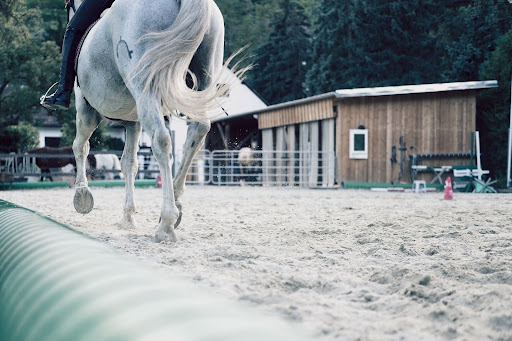
It must be beneficial to you in various aspects. Such as-
a. Building a stronger bond:
When you get familiar with your horse and spend more time training them you can get a closer look at how they react and behave in any particular situation. Then you can interpret learning their whinnies and understand their feelings and needs.
Thus, you and your horse can build a strong relationship.
b. Identifying potential problems:
Whinnes can be a potential clue for any problem for your horse. When you early observe them, you can prevent that problem before it gets worse. Such as-
- A high-pitch, short whinny is a sign of pain or discomfort. If you hear them, you can rescue your horse and give them relief. When you hear a low-pitch, prolonged whinny you can get your horse a companion as it is a sign of loneliness or boredom.
- A sudden scream like whinny can indicate any danger your horse may face. You can always be aware of the danger as early as possible and decide to beat them.
- A consistent, short whinny can be the sign of an underlying health problem such as separation anxiety and more.
c. Enhancing communication:
Think about a person you know from childhood. You know how he talks, how he communicates with you, and how he reacts if something goes wrong.
Likewise, if you know your horse well, and understand each of their body language then you can easily understand what it likes or dislikes. Then training them can be easier and in this way, communication between you and your horse can develop at an upper level.
Conclusion
We've come to the end of our conversation. We've talked about how horses make high-pitched and low-pitched whinnies in this article. Moreover, whinnies can combine with other body languages (tail, ear, and facial expressions) and they have various meanings.
Whinnies are used by horses not only to communicate with other horses but also to express loneliness and joy. Now, it is well-known to you how to create a beautiful bond with your four-legged friend by understanding the hidden meaning of whinnies.
There's still a lot more to explore in the world of horses. What questions do you have about them? Have you ever experienced a horse making a whinny that left you amazed?
Share your stories, thoughts, and even those funny moments you've had with horses!
Recent Blogs
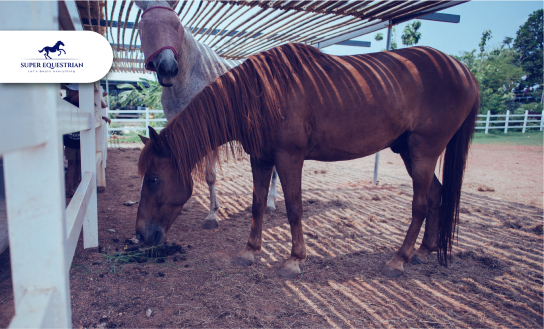
Common Equine Diseases and How ...
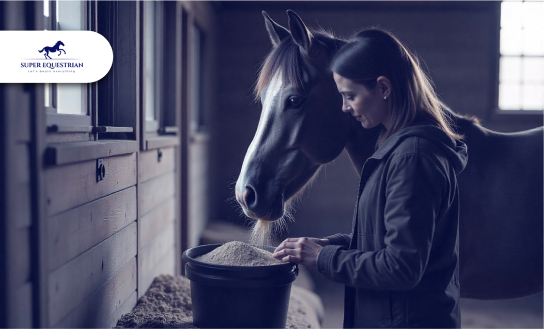
Equine Health Supplements: What Every ...
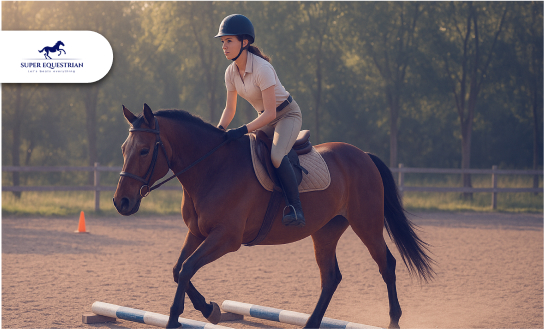
Jumping Basics: How to Prepare ...
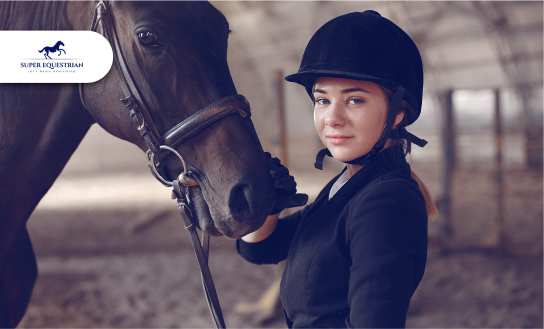
Essential Horse Riding Gear for ...
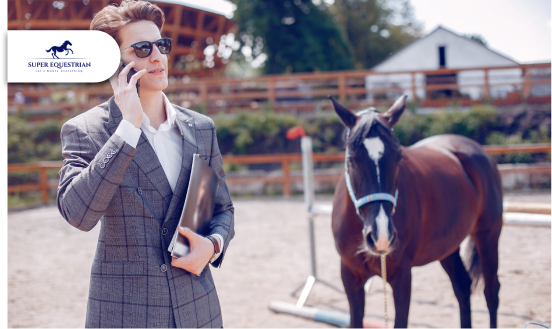
How to Balance Work, Life, ...

How to Balance Work, Life, ...
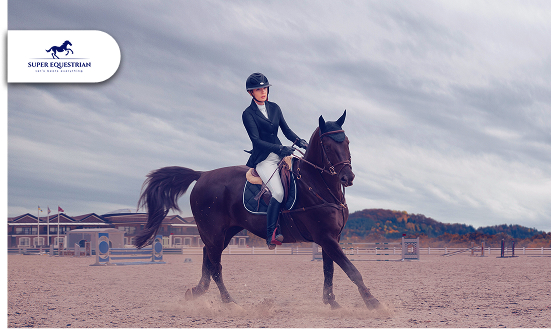
Top 5 Exercises to Improve ...
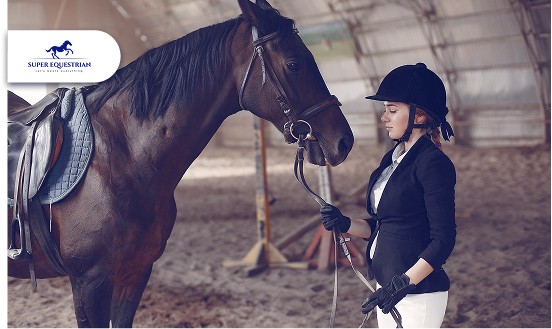
How to Build Confidence as ...
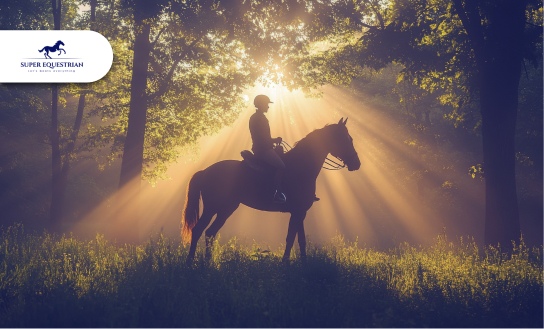
Spotlight on Equestrian Legends: Riders ...
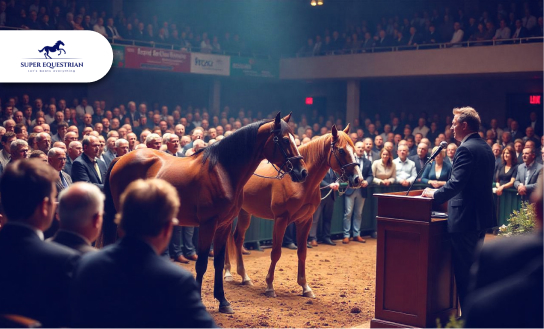
Horse Auctions and Sales...

Top Horse Friendly Travel Destinations ...

How to Build Stronger Bonds ...

Upcoming Horse Shows and Competitions ...
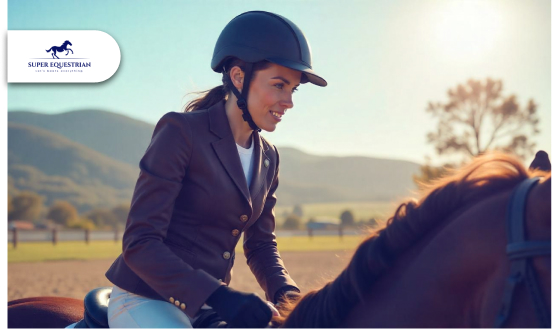
MIPS Equestrian Helmet The Future ...
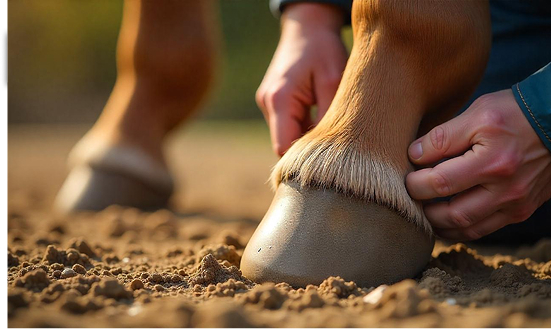
How to Recognize and Treat ...
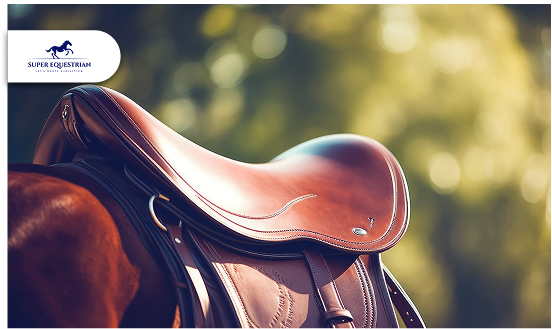
How to Choose the Perfect ...
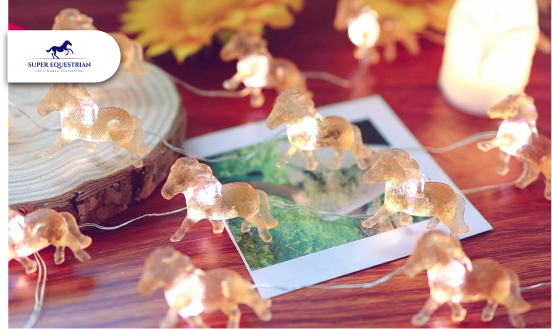
Horse-Themed Gifts Unique Ideas ...
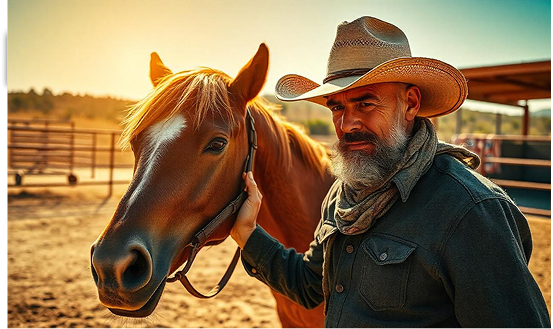
Horse Training Techniques: Creating A ...
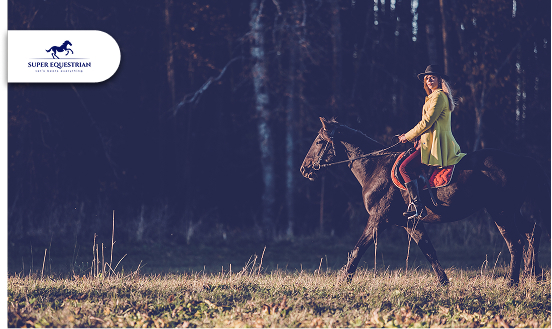
Horseback Riding Lessons – Everything You ...
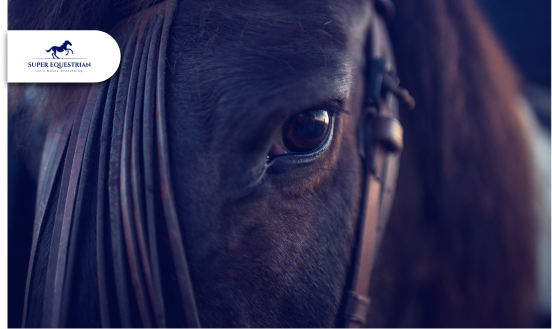
Horse Photography Tips: Learn the ...
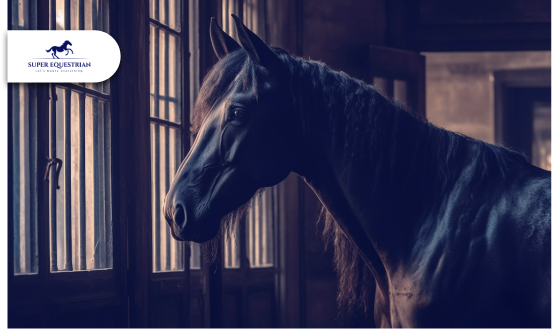
Horse Stable Management: The Quiet ...
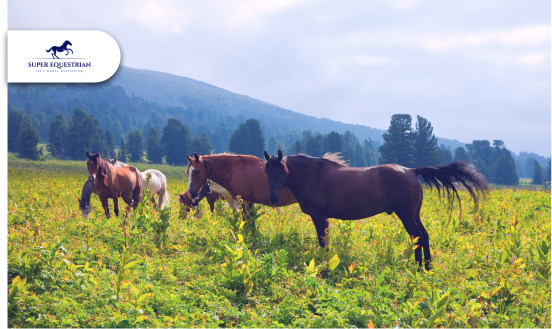
Horse Rescue Organizations: A Profound ...
Horse Racing Events A Look ...
Best Horse Manure Fork Six ...
What Are The Rarest Horses ...
What Does It Mean When ...
Horse Insurance Providers This Is ...

Horse Behaviour and Psychology: Learn ...

How Much Does a Horse ...
.jpg)
Best Monoflap Saddles For Your ...
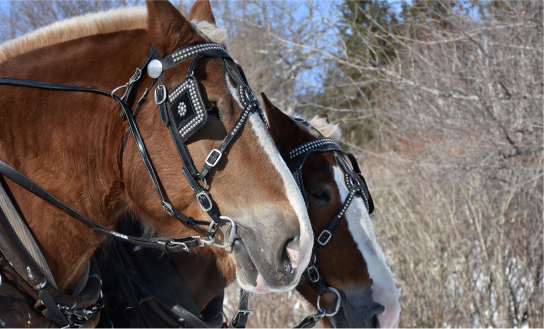
Best Hackamore For Barrel Racing...
.jpg)
Best Barrel Racing Reins Top ...
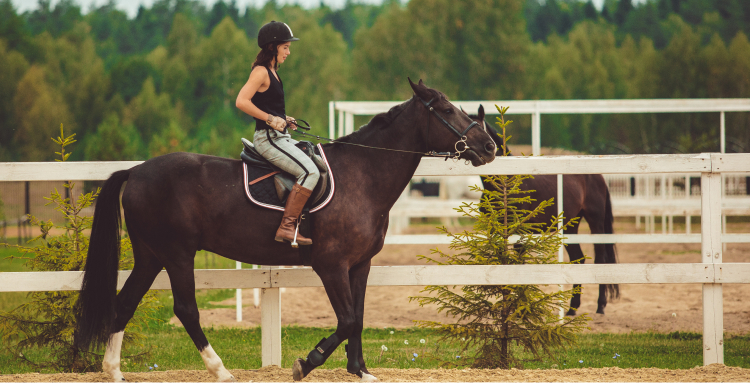
Horse Anatomy And Physiology: Facts ...
.jpg)
Best Stirrups For Ankle Pain - ...
.jpg)
Horse Care Tips and Tricks: ...
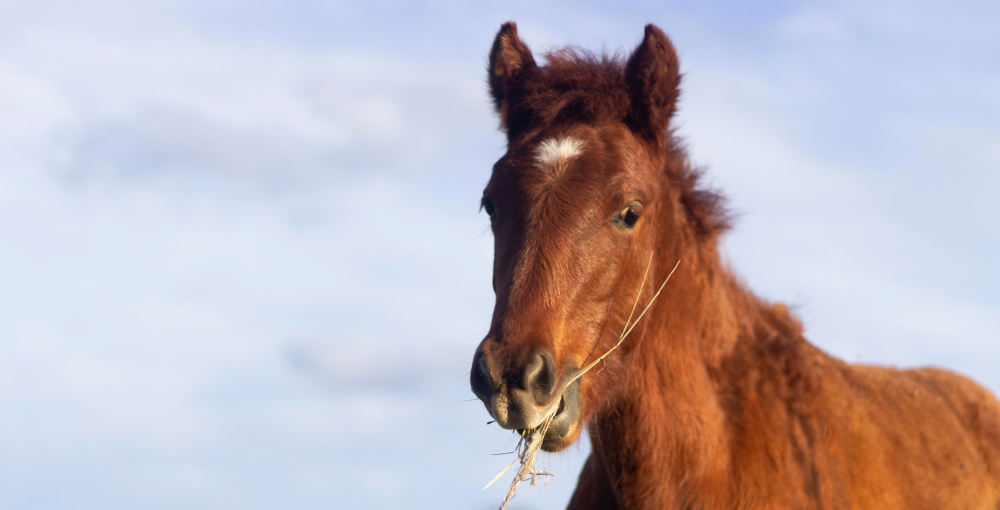
What Do Wild Horses Eat- ...
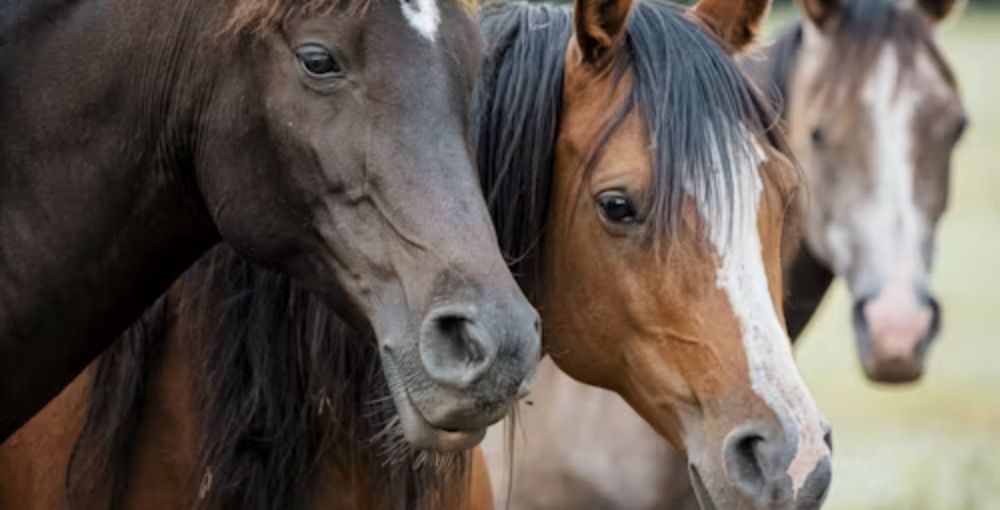
Horse Breeds and Characteristics: How ...
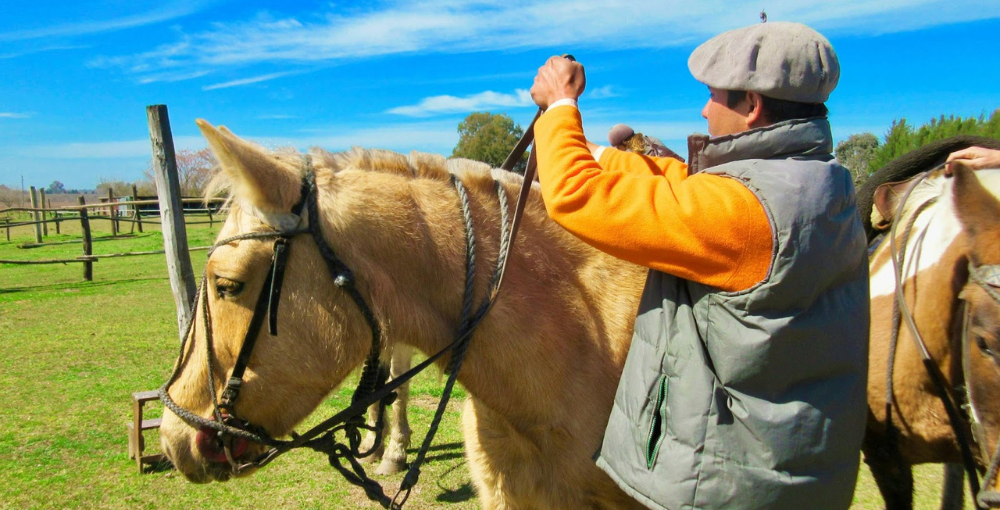
Best Barrel Racing Reins - Top ...

Horse Breeds and Characteristics: How ...
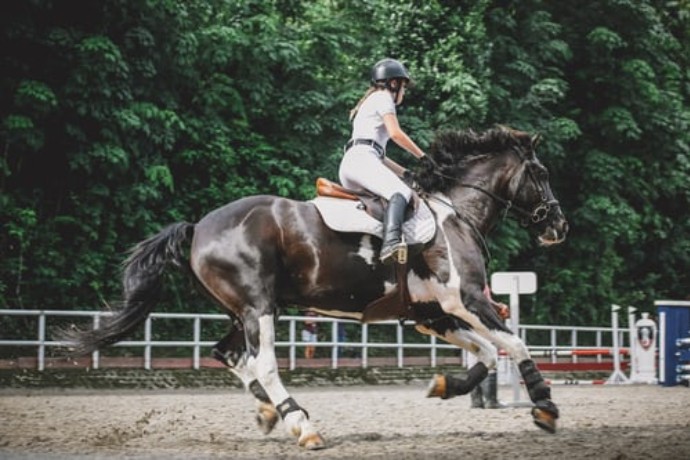
Best Breeches For Curvy Riders...
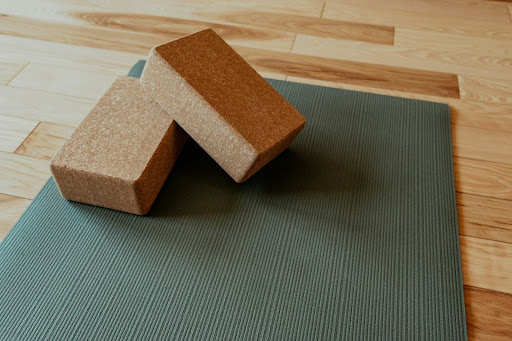
Best Stall Mats For Horses - ...

Best Horse Brushes ( A Thread ...

Best Saddle Rack ( Keep Your ...

Best Bit For Training a ...
.jpg)
10 Morgan Horse Show Held ...
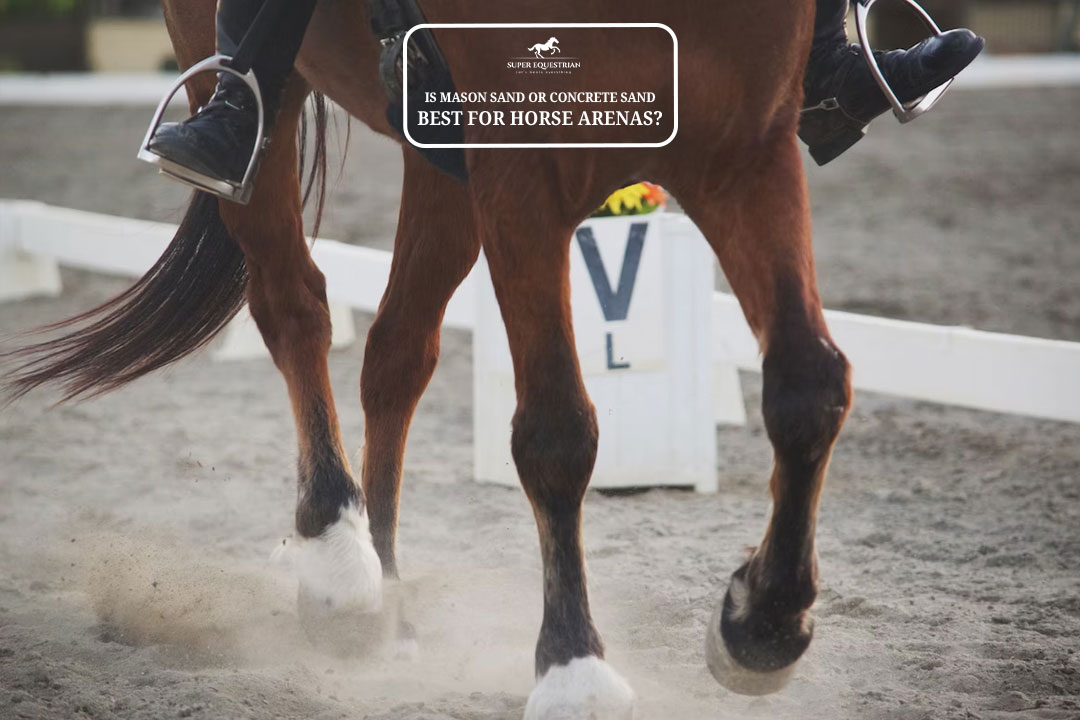
Is Mason Sand Or Concrete ...
.jpg)
Best Girth For Your Horse ...
.jpg)
Ranch Cutter vs Cowhorse Saddle? ...
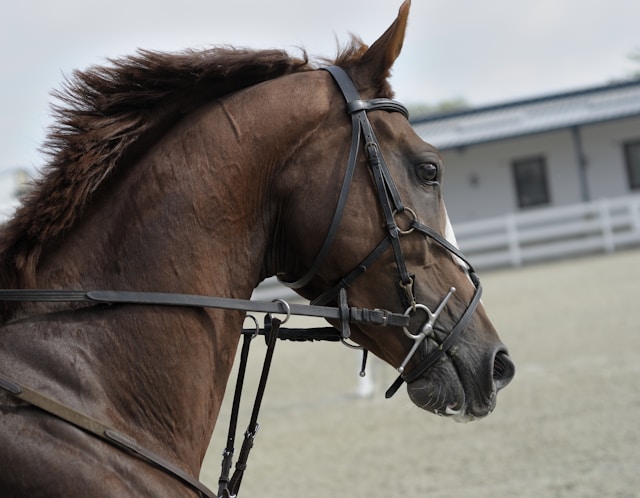
Types of Horse Bit and ...
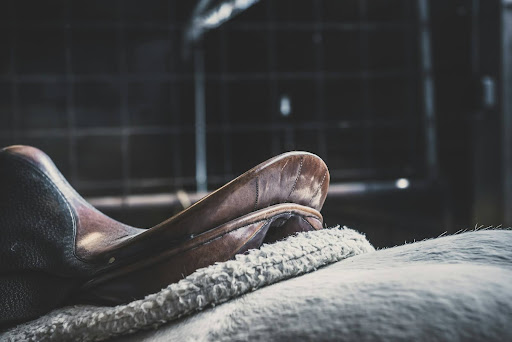
Is Hilason a Good Saddle ...
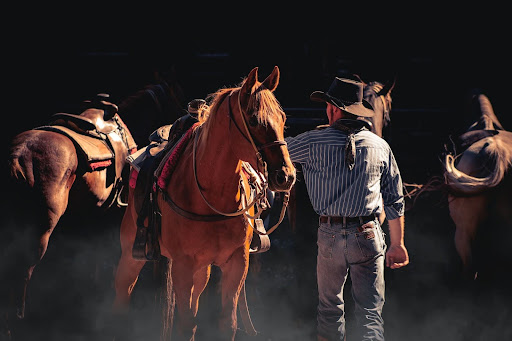
How to choose a bit ...
.jpg)
Best Salt Blocks For Horses...
.jpg)
Types of Horse Brushes (Equine ...
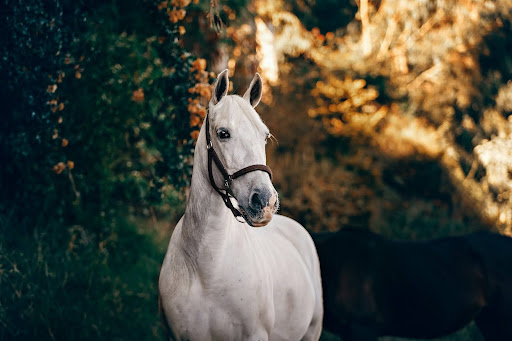
How To Get a Horse ...
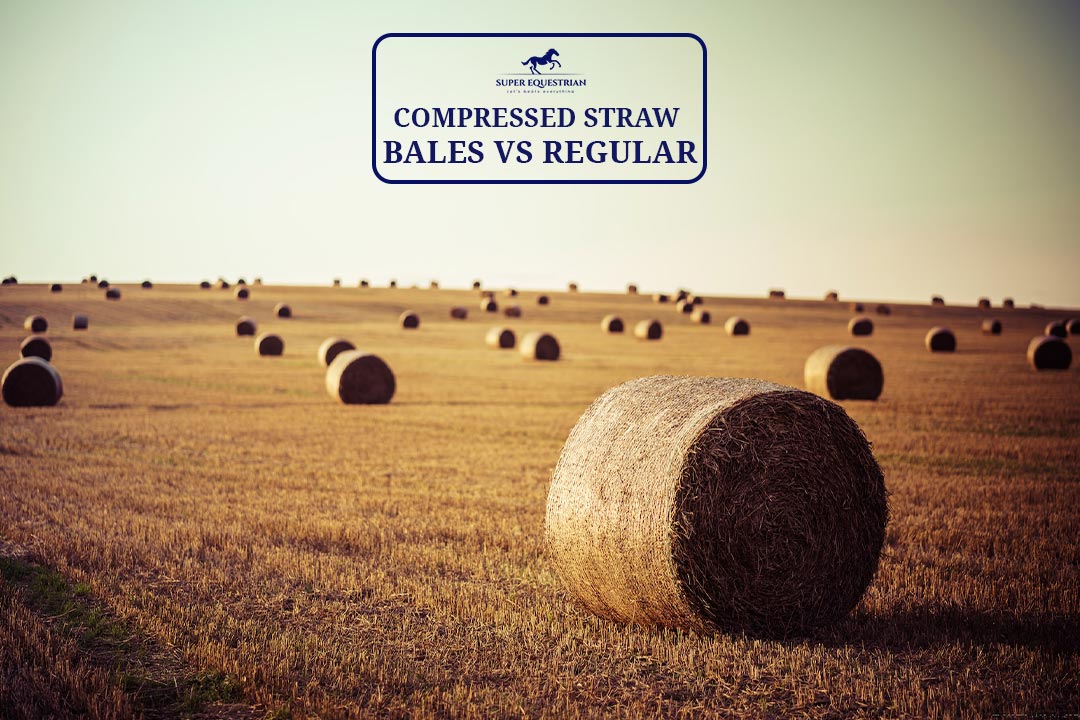
Compressed Straw Bales Vs Regular? ...
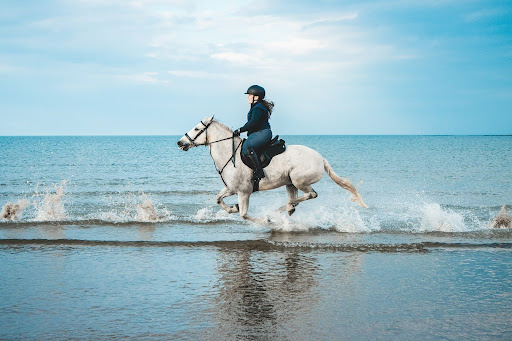
Horse Riding Lessons For Intermediate ...
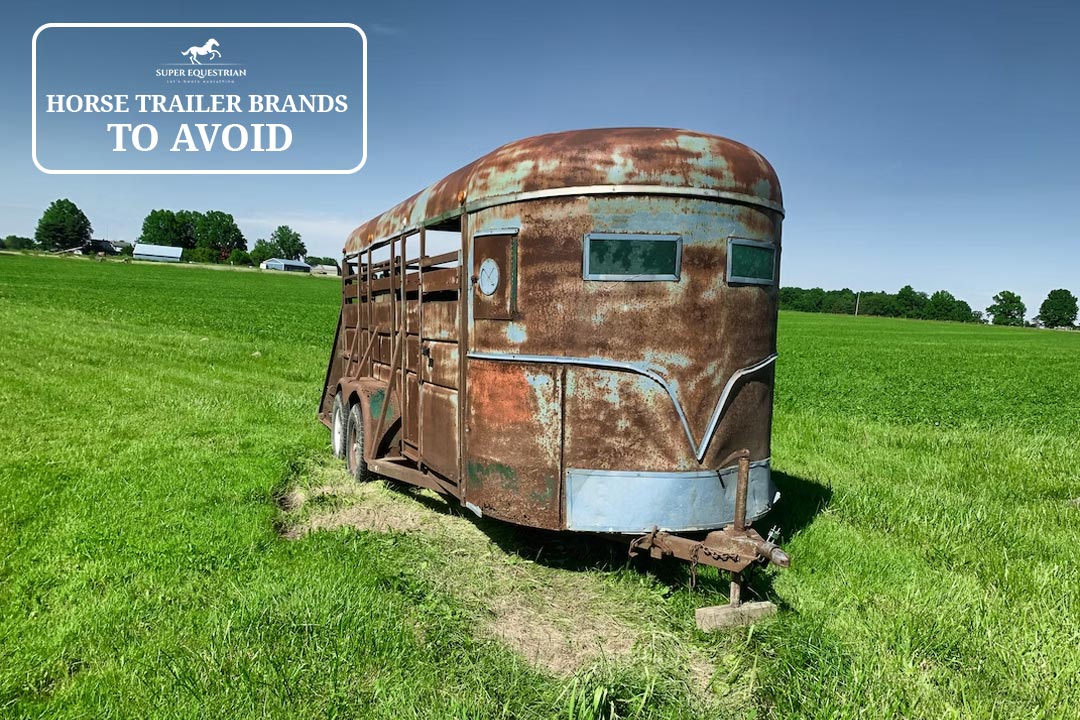
Horse Trailer Brands To Avoid...

Strawberry Roan vs Red Roan? ...
.jpg)
Gelding vs Stallion...

Why Does a Horse Whinny? ...
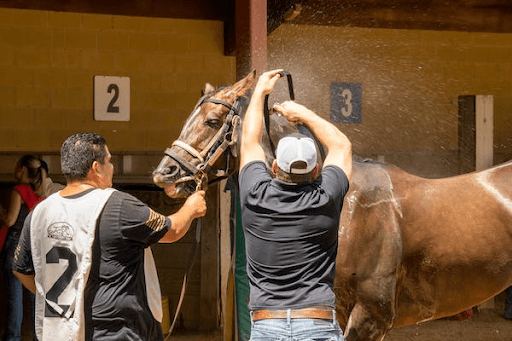
How to Clean a Rusty ...
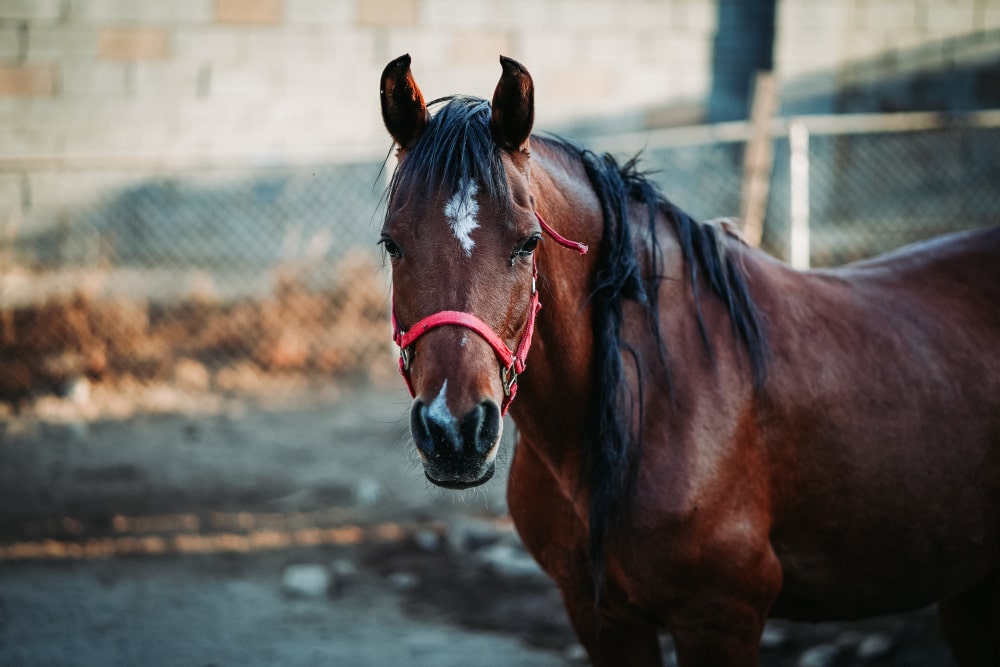
Why Do Horses Foam at ...
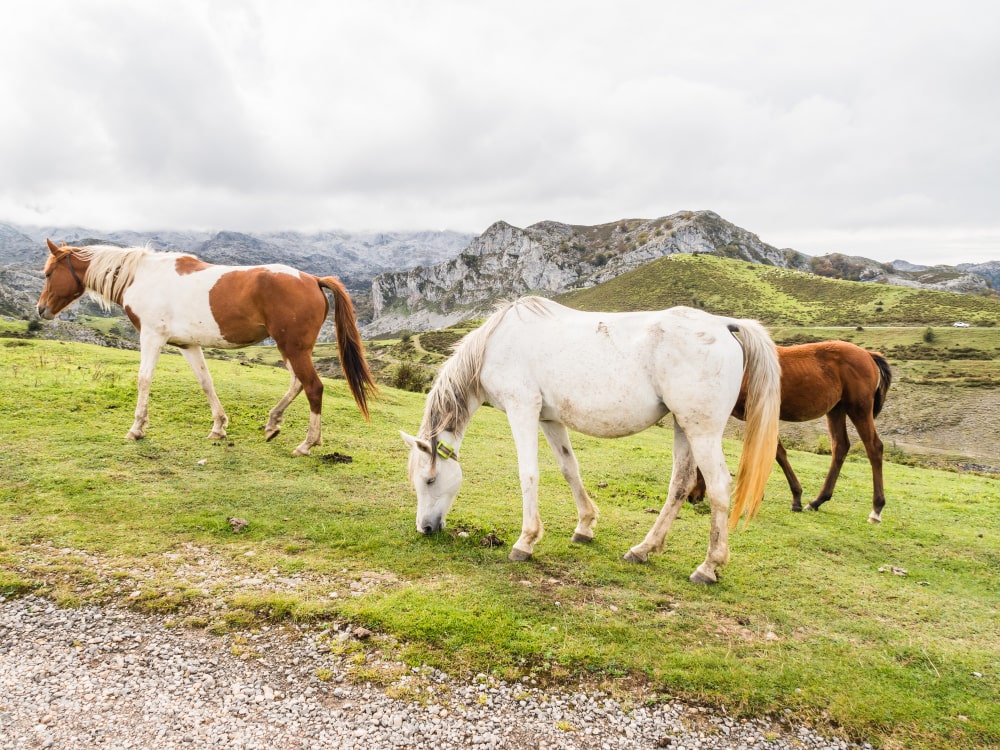
Why Do Horses Bob Their ...

Nutrition Unveiled: Triple Crown Senior ...
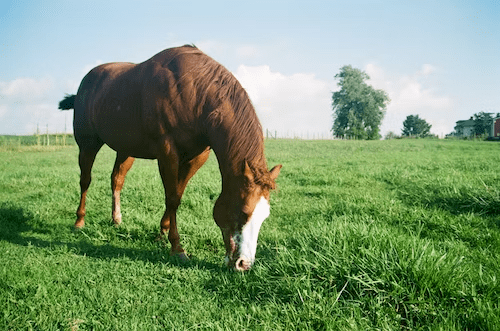
Pasture Pro Vs. Grazon: Horse-...
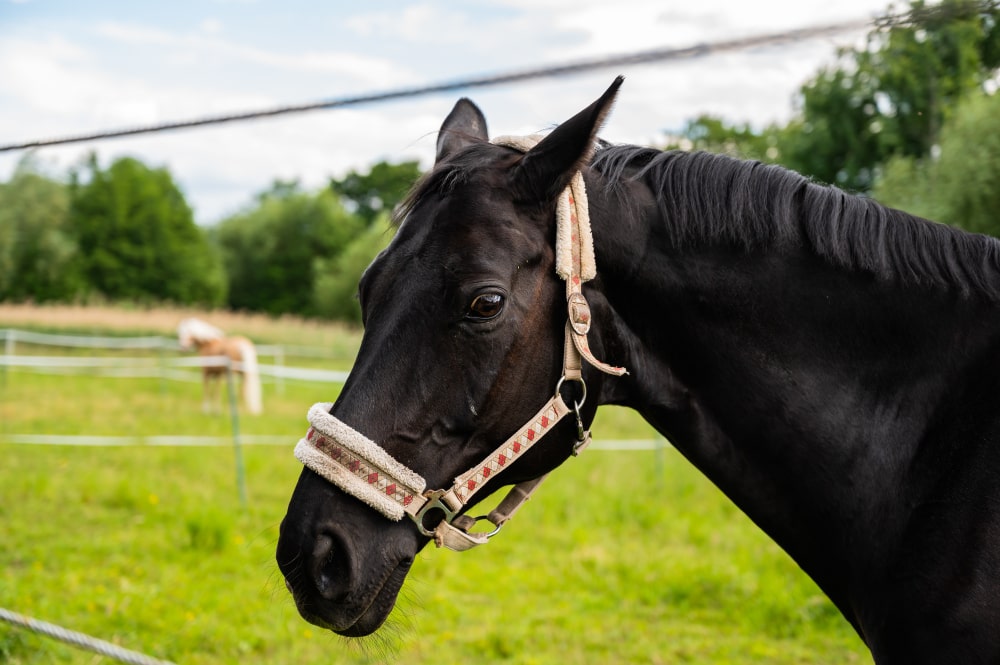
Dutch Gag Vs. Pelham: Bits ...
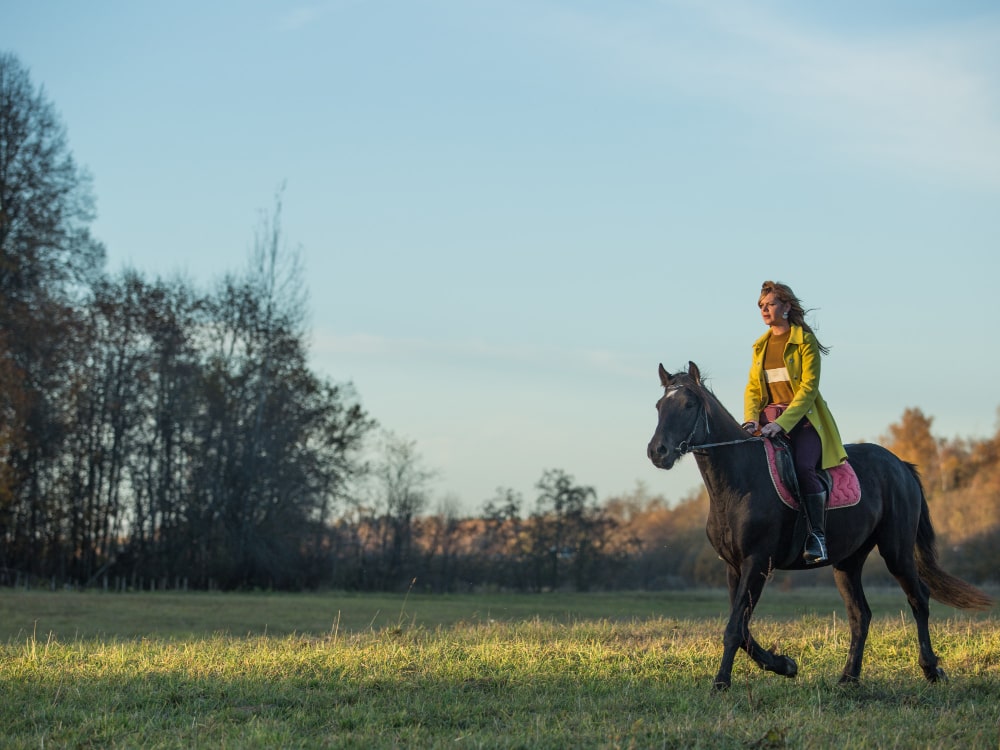
Walking Horse vs Racking Horse: ...
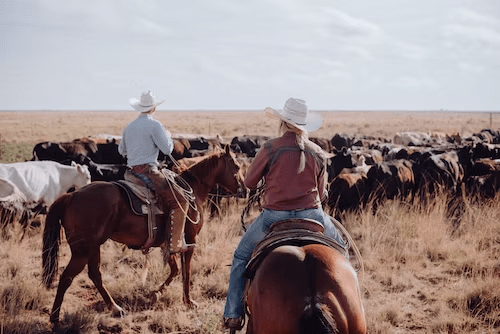
Wade vs Association Saddle: Your ...
.jpg)
Step Up vs Ramp Horse ...

Bosal vs Hackamore: A Head-...
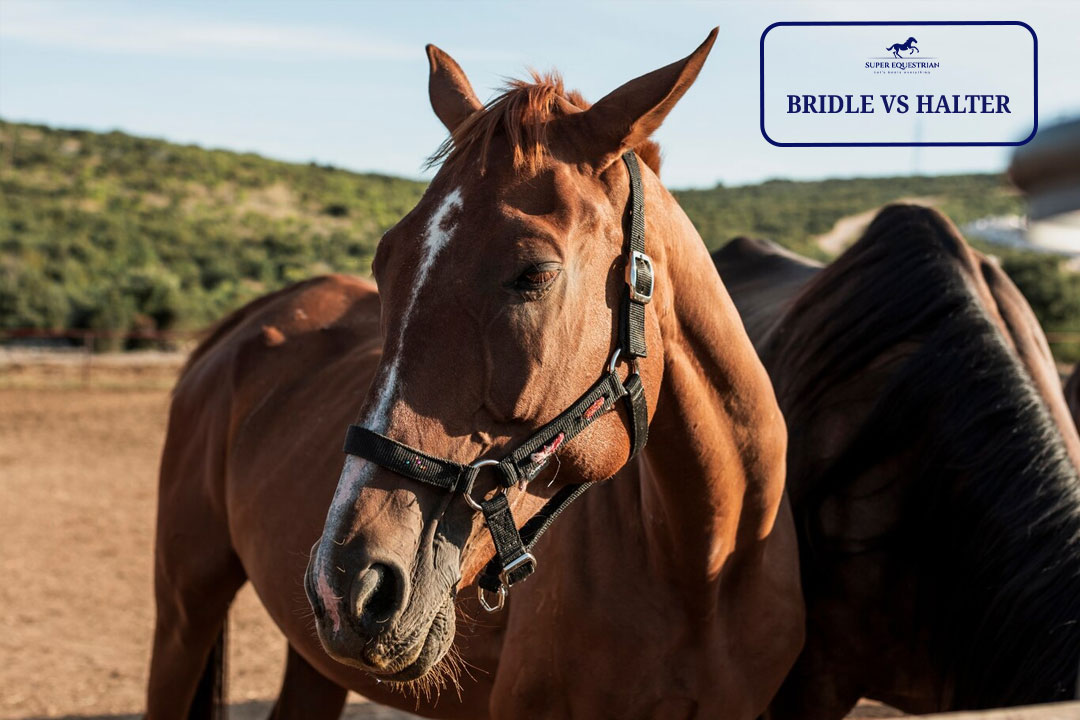
Bridle Vs Halter: Which One ...

Paddock Boots Vs Riding Boots: ...

Shadow Horse Trailer Problems: Causes, ...
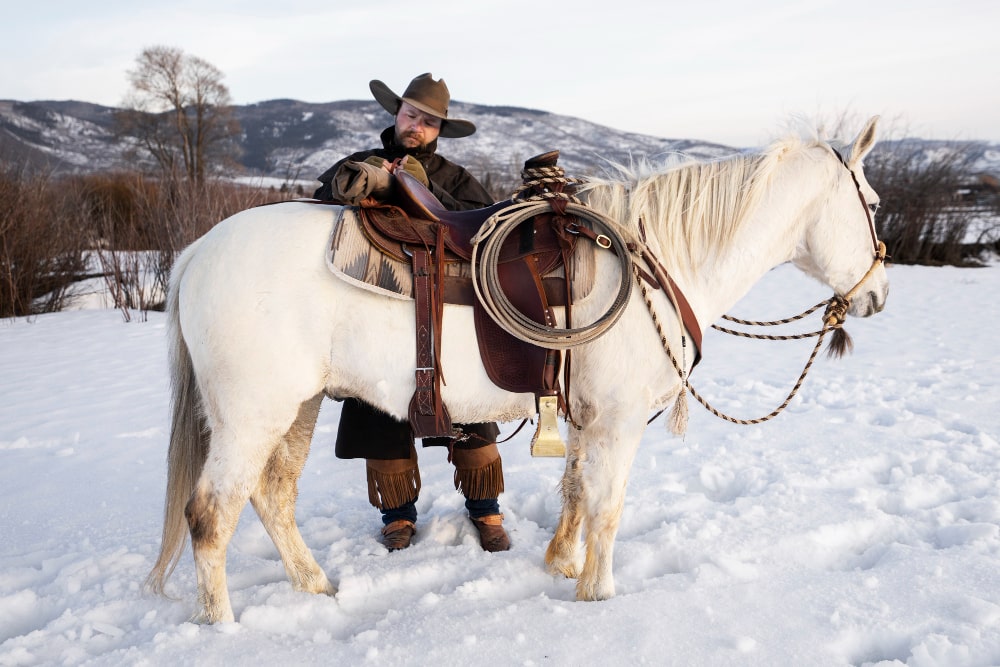
Are Billy Cook Saddles Good - ...

Let's Start at the ...
Benefits of Beet Pulp for ...
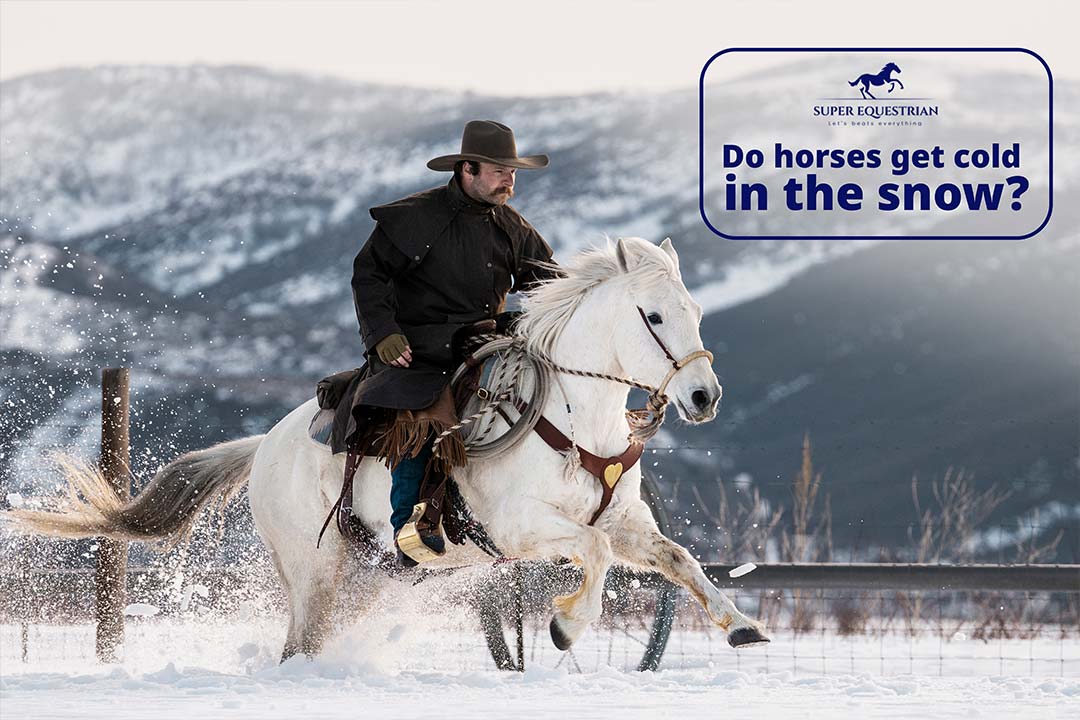
Do horses get cold in ...
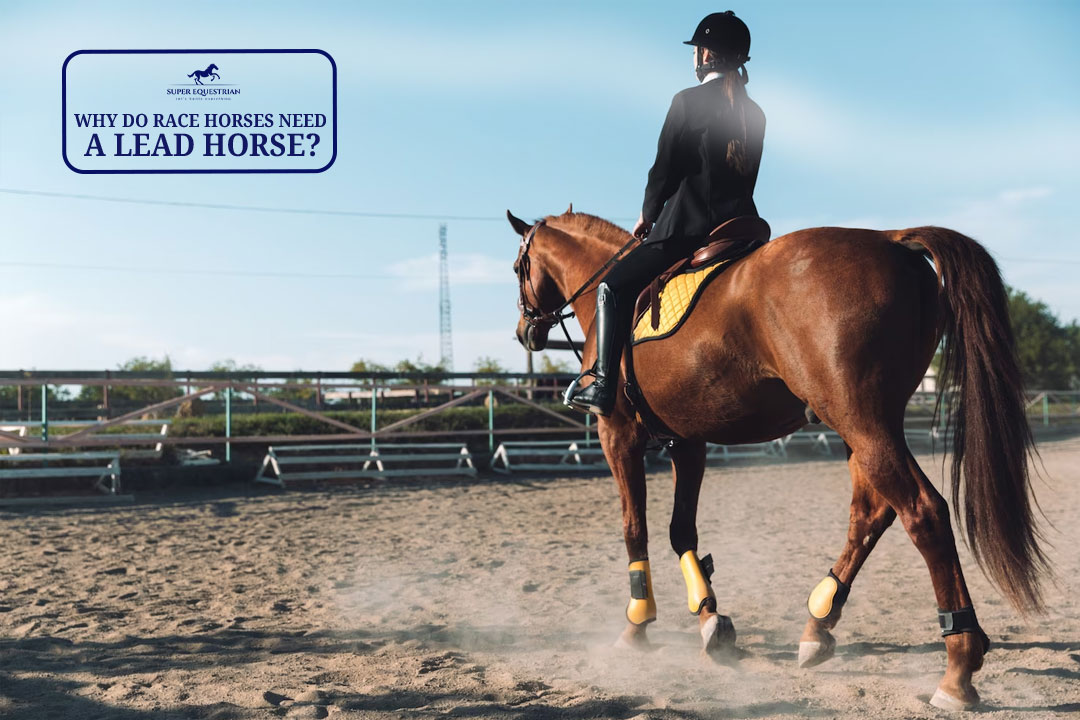
Why Do Race Horses Need ...
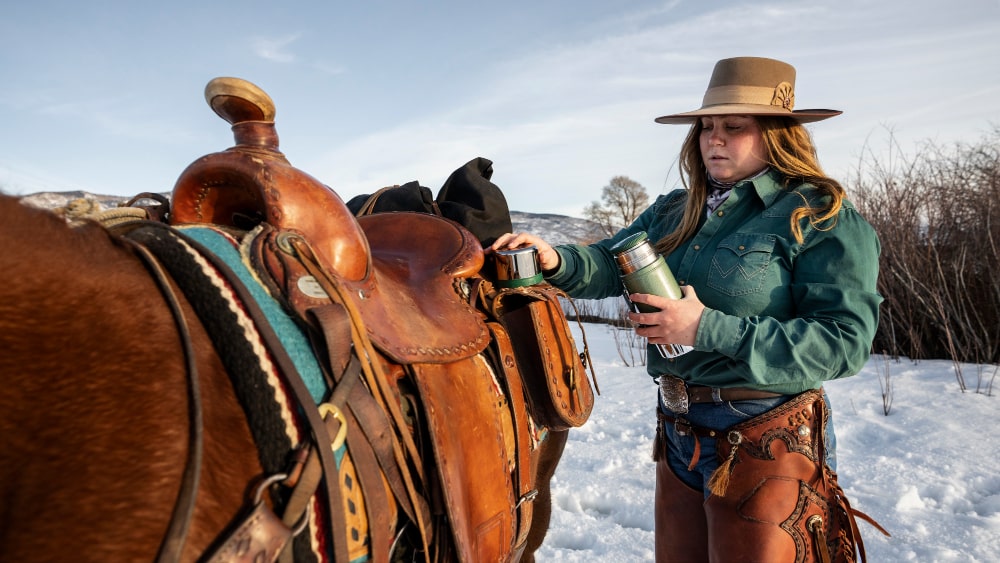
Ranch Saddle vs. Roping Saddle: ...

Round Pen vs Square Pen ...

Must Have Horse Trailer Accessories: ...
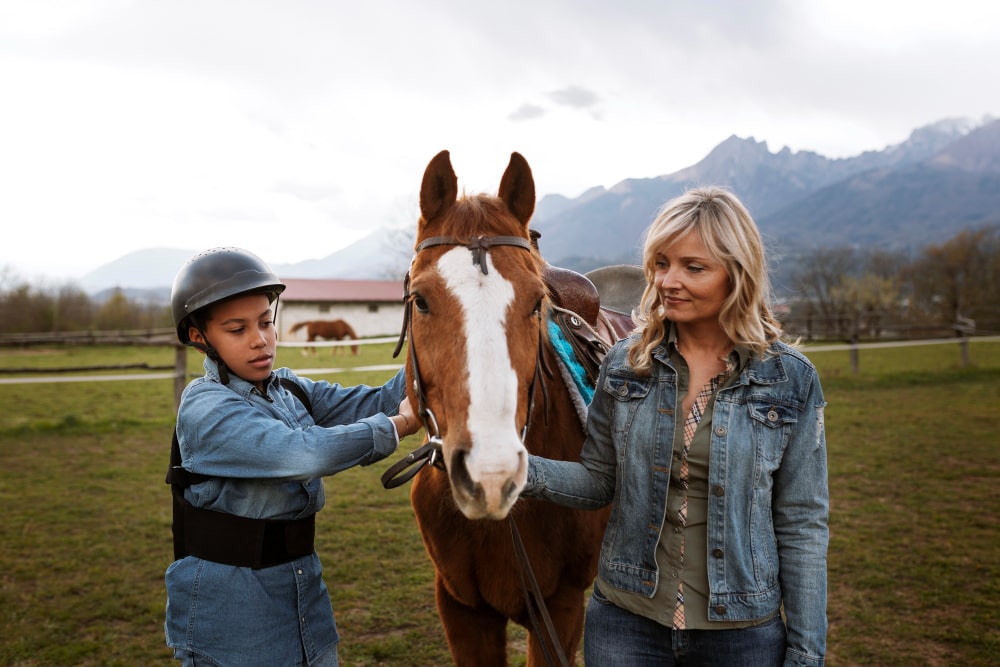
Is MIPS Worth for Equestrian?...
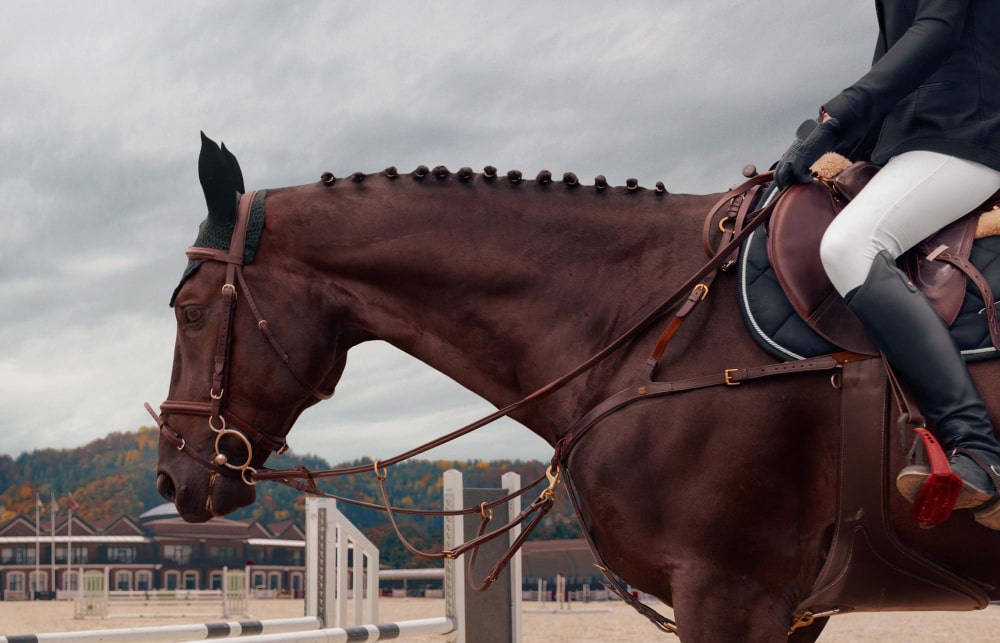
Natural Horsemanship vs Positive Reinforcement: ...

How to Mount a Horse ...
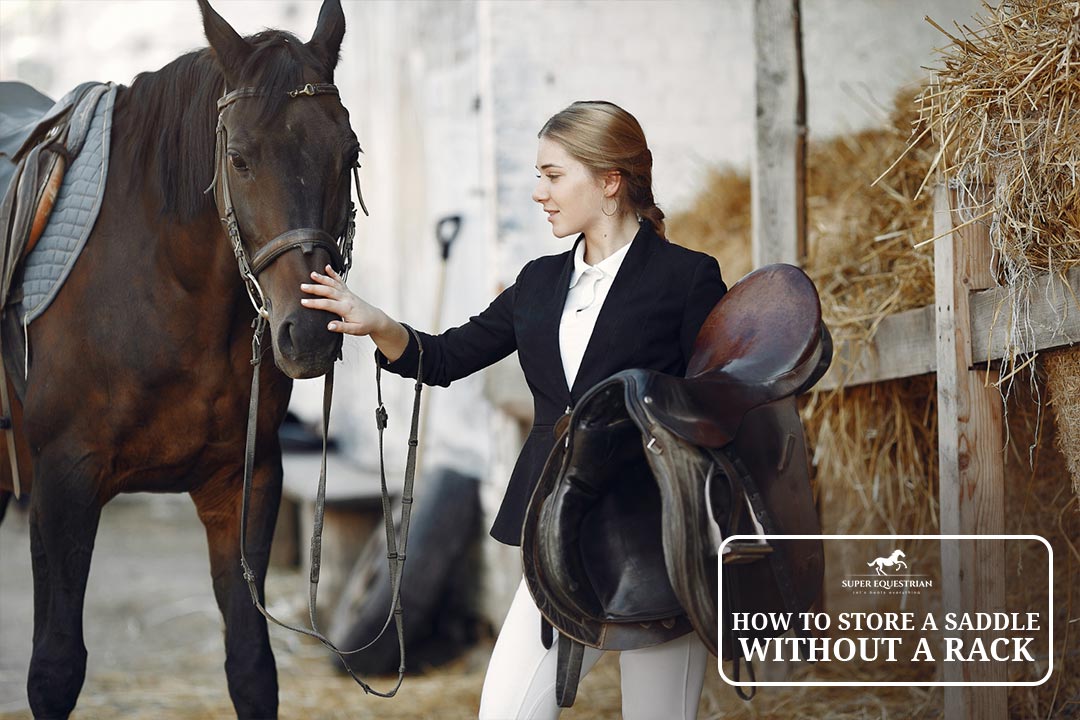
How to Store a Saddle ...
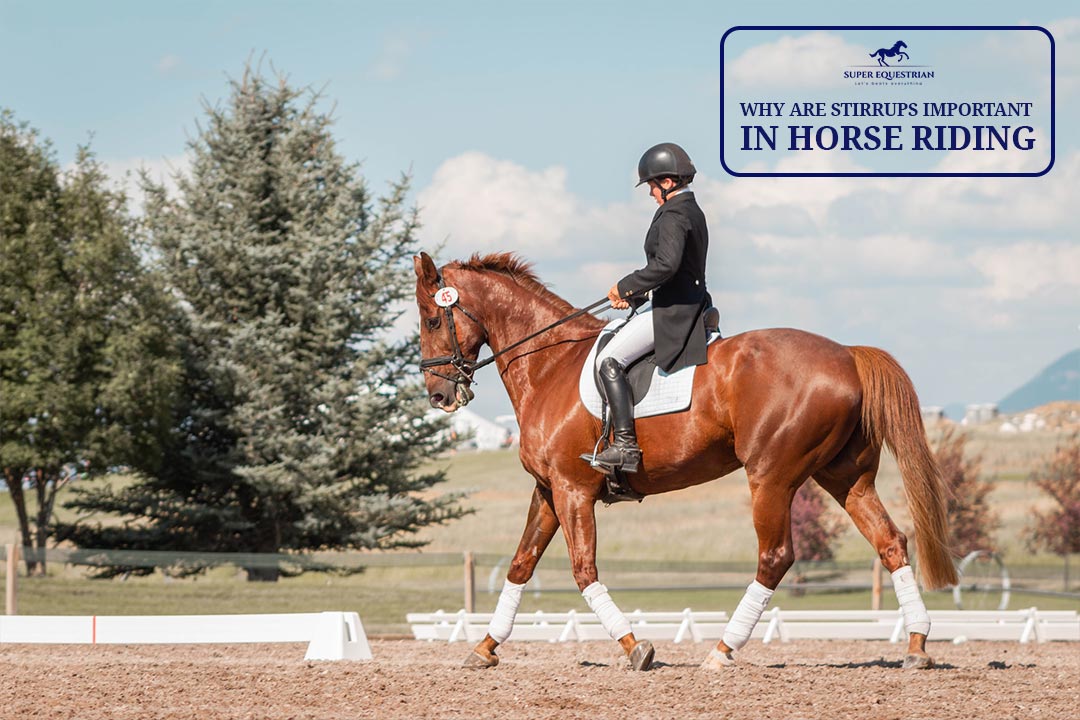
Why are Stirrups Important in ...
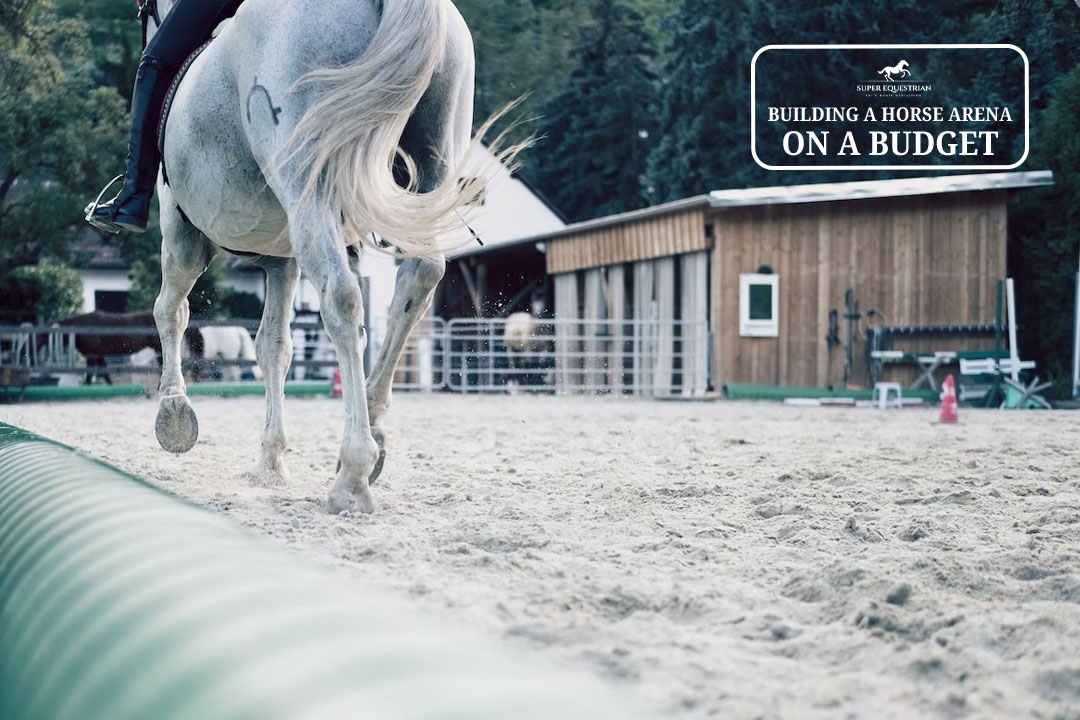
Building a Horse Arena on ...

How to Make Horse Treats ...

Order of Grooming a Horse...

Horse Riding Lessons Plan: The ...

Horse Trailer Roof Replacement and ...
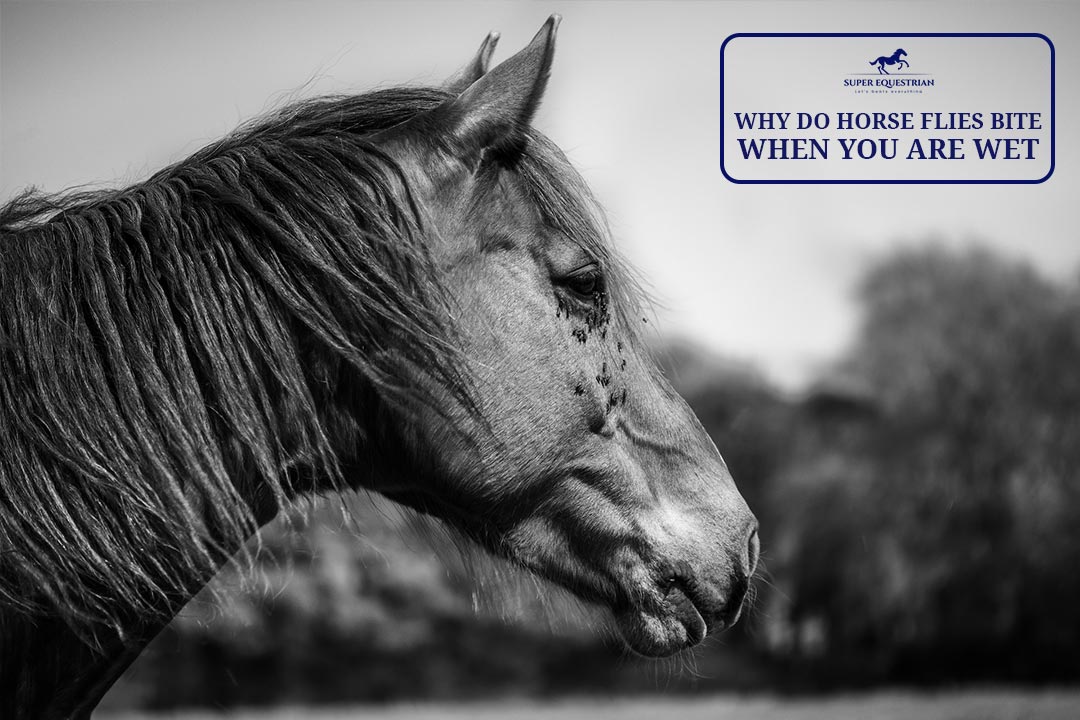
Why Do Horse Flies Bite ...
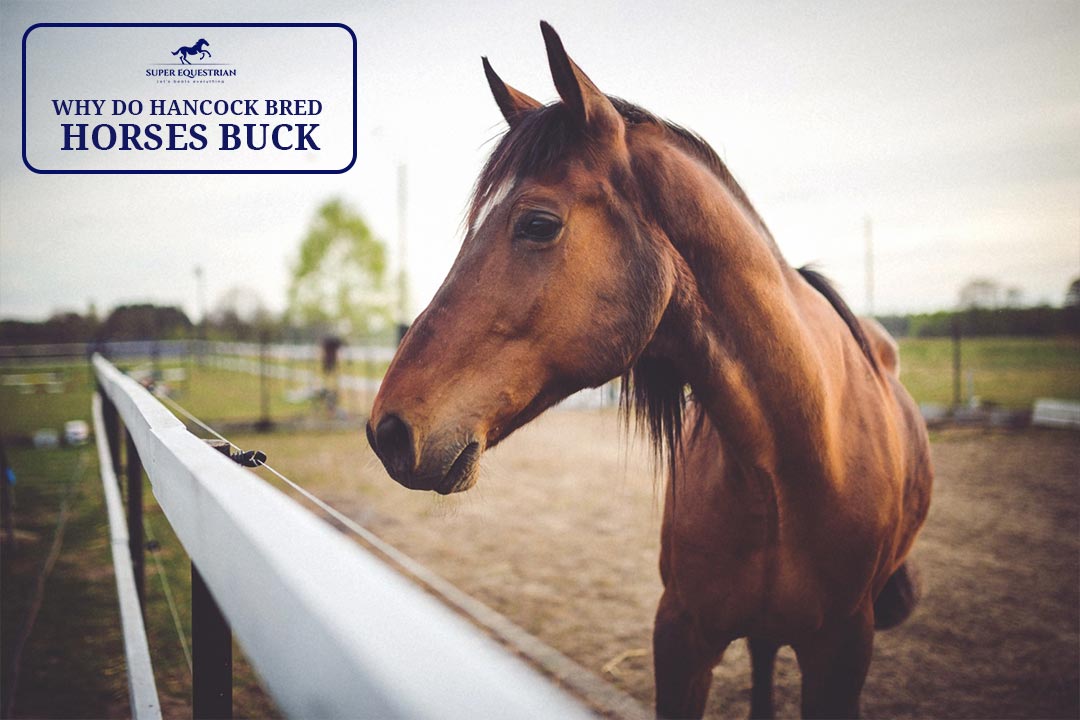
Why Do Hancock Bred Horses ...

Quarter Horse Bloodlines to Avoid...
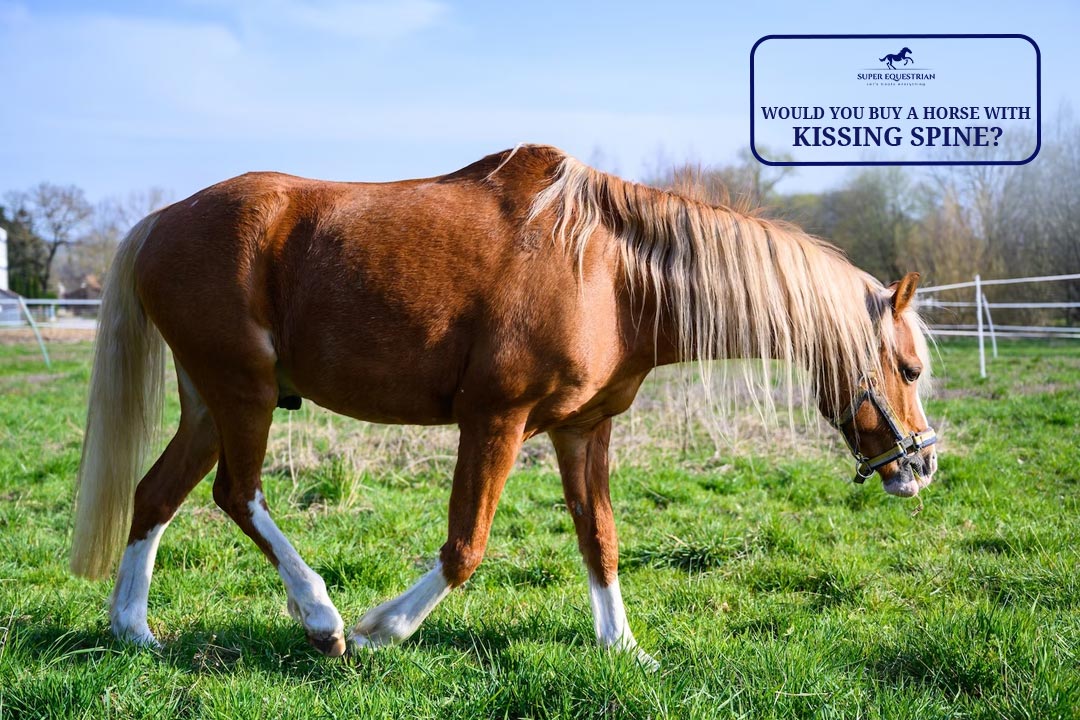
Would You Buy a Horse ...
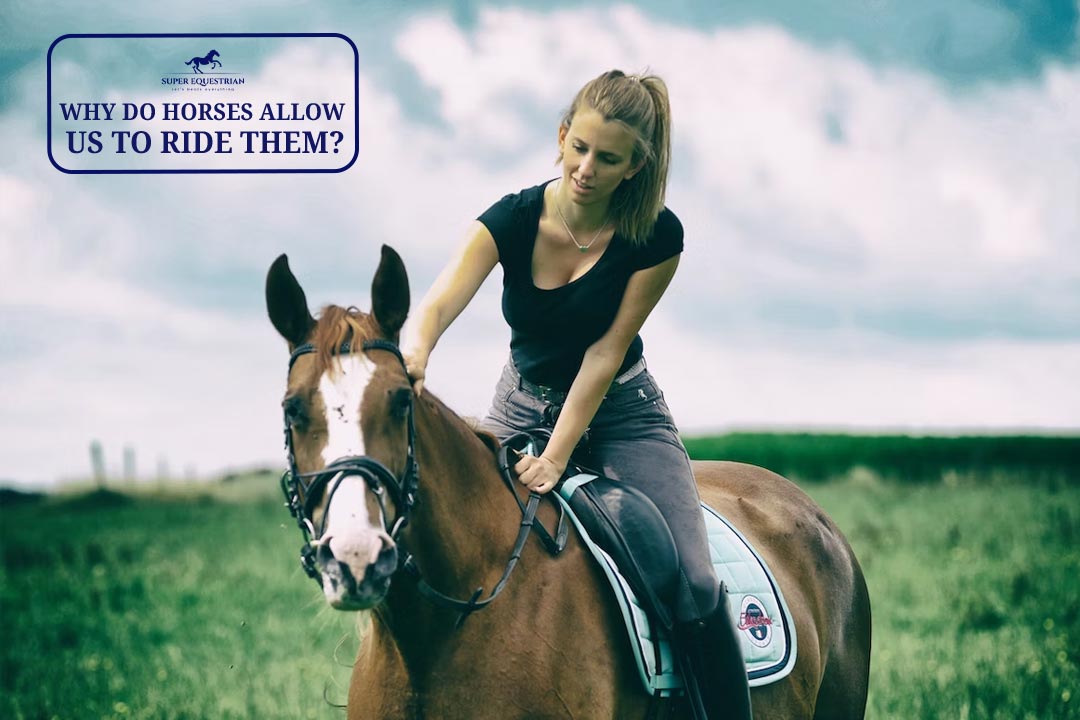
Why Do Horses Allow Us ...
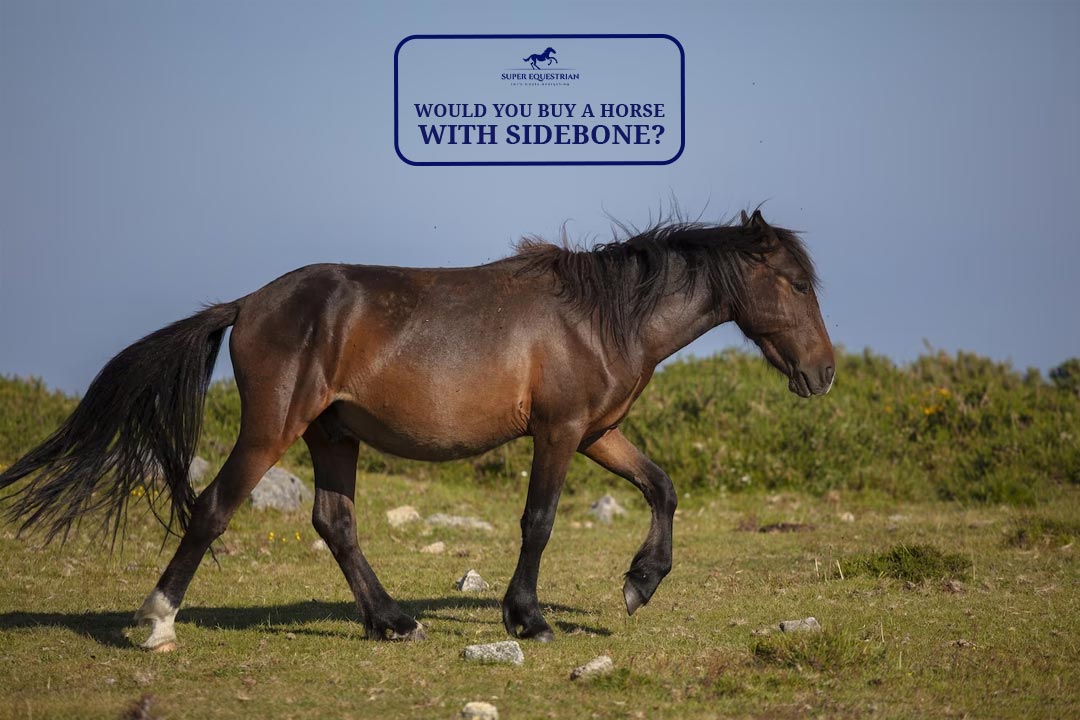
Would you buy a horse ...

Why Are Klapper Bits So ...
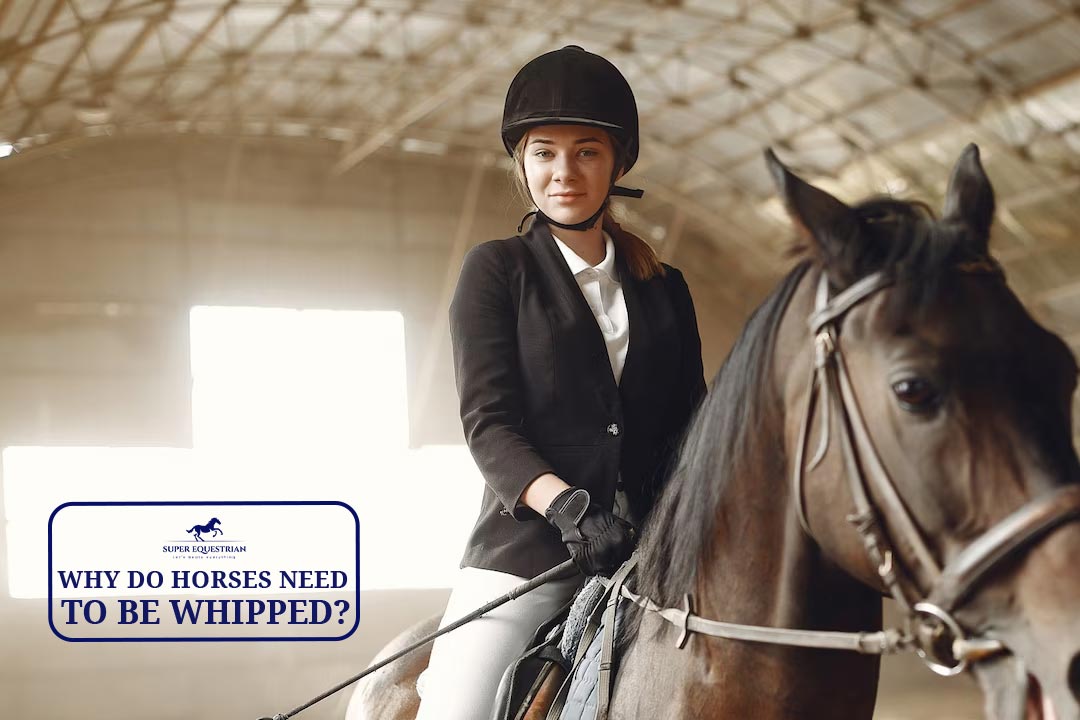
Why do horses need to ...

Why do you mount a ...
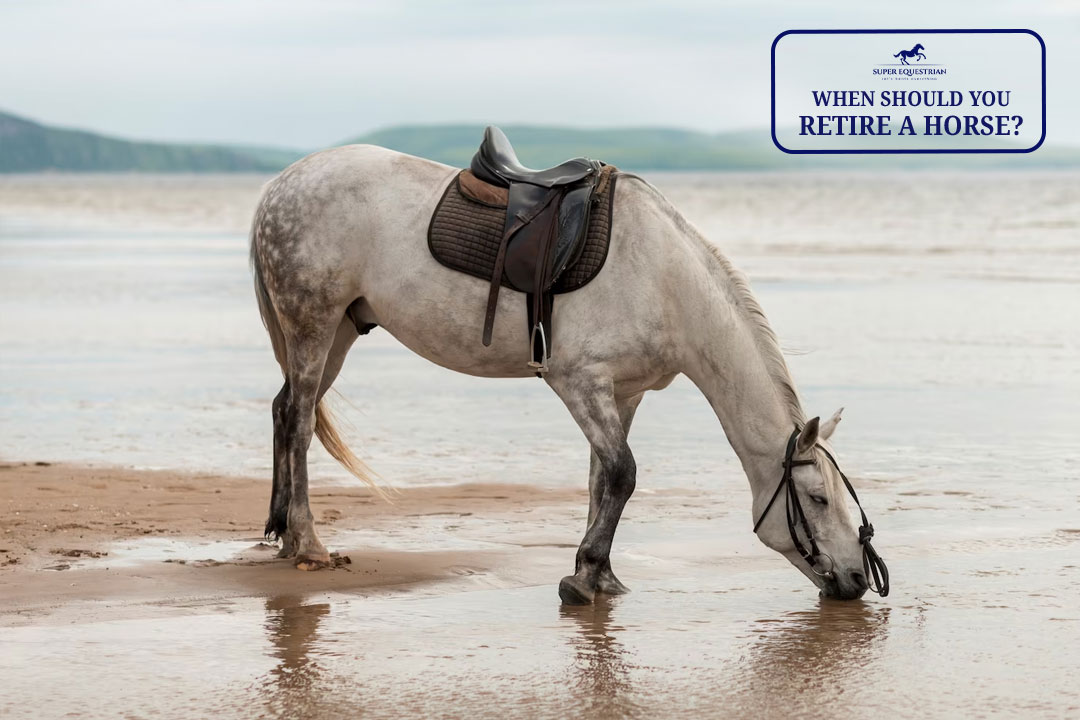
When Should You Retire A ...
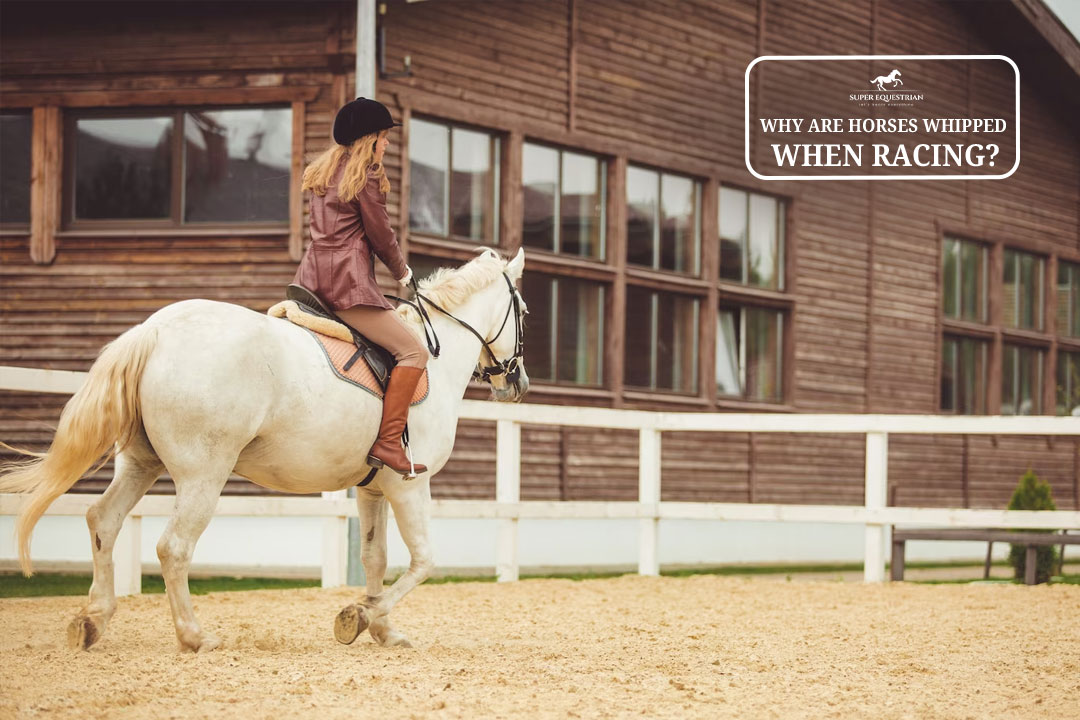
Why Are Horses Whipped When ...
.jpg)
Why Do Horses Have A ...
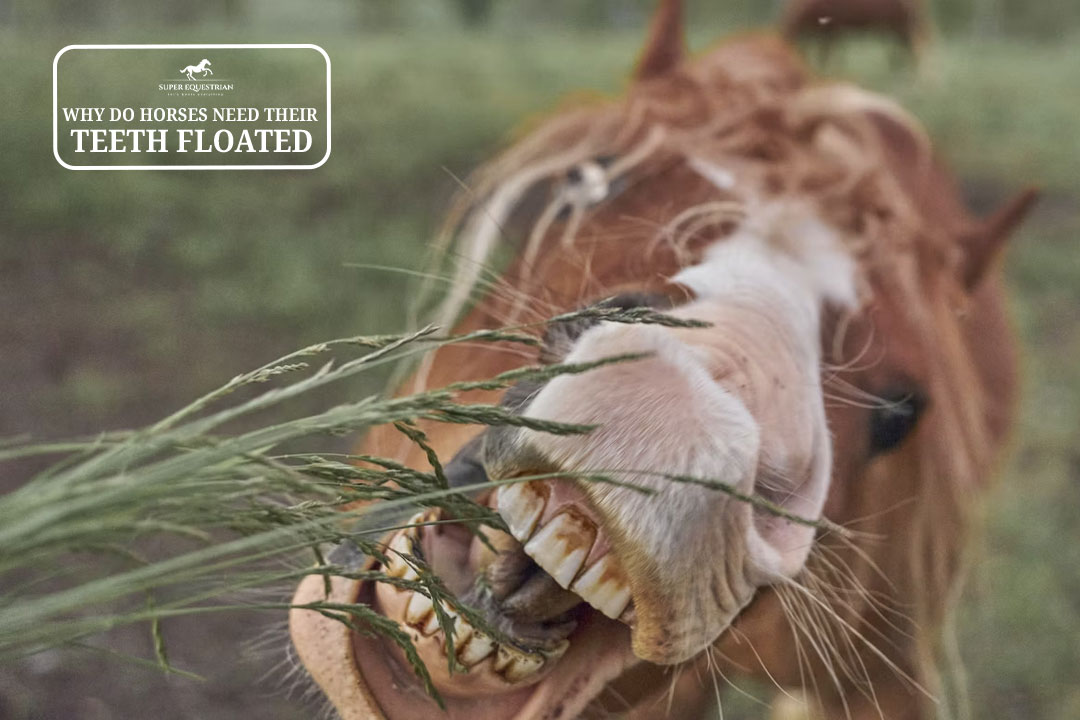
Why Do Horses Need Their ...

What To Do If Horse ...

What To Do If A ...
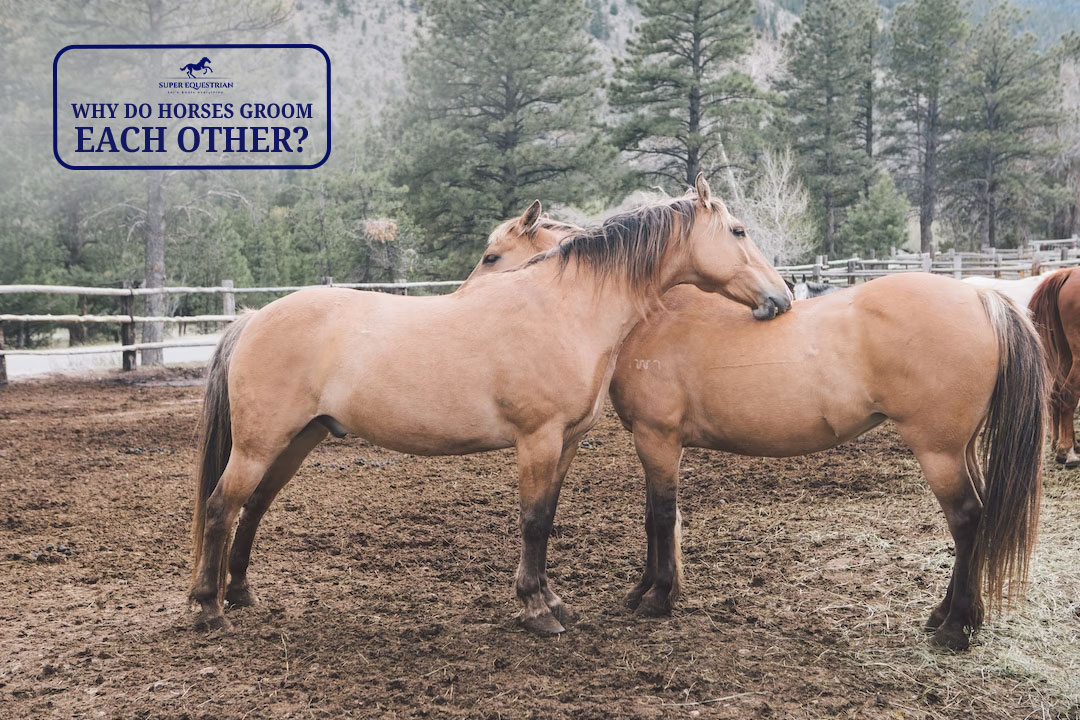
Why do horses groom each ...
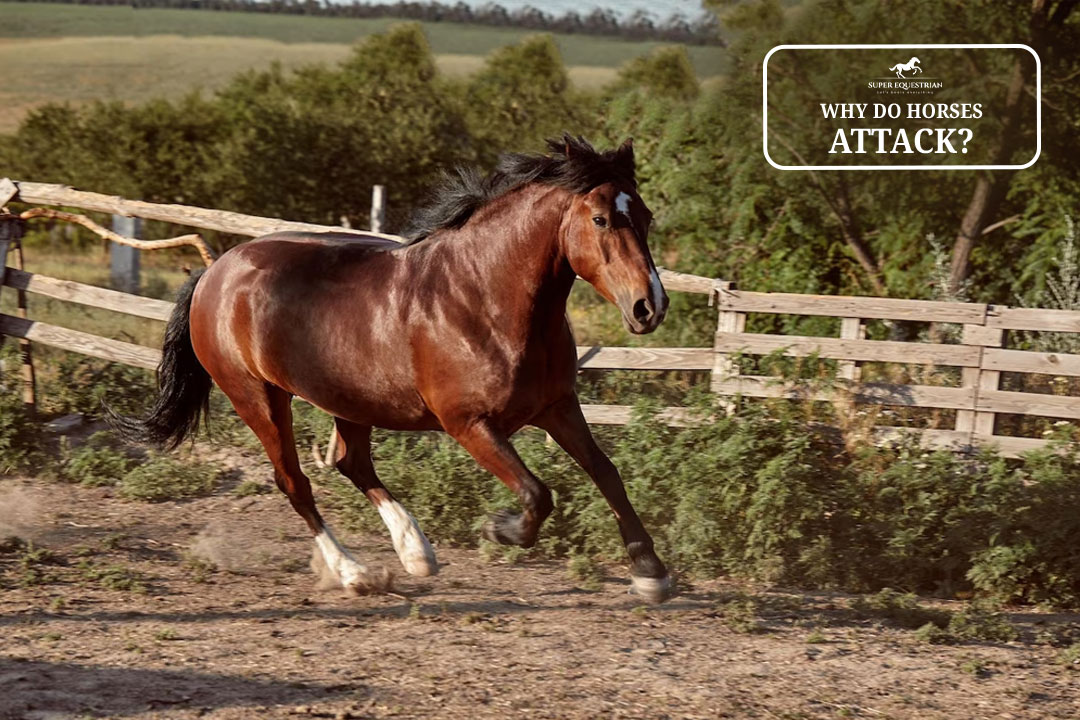
Why do horses attack...

Should I Use a Martingale ...

How to fit bell boots ...
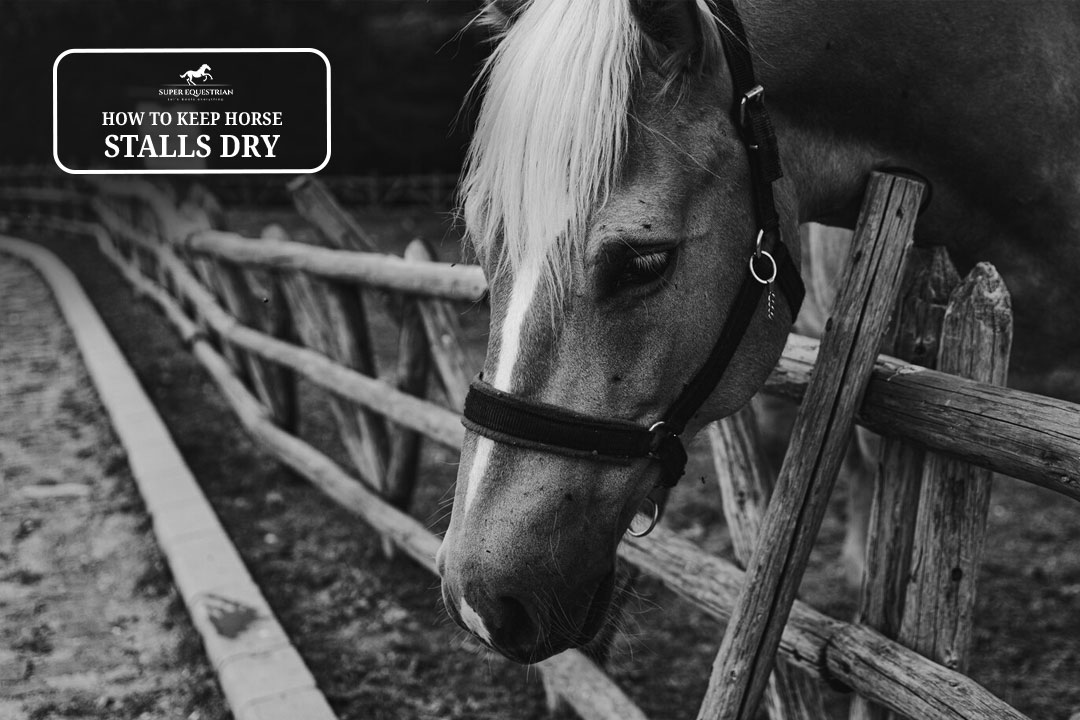
How To Keep Horse Stalls ...
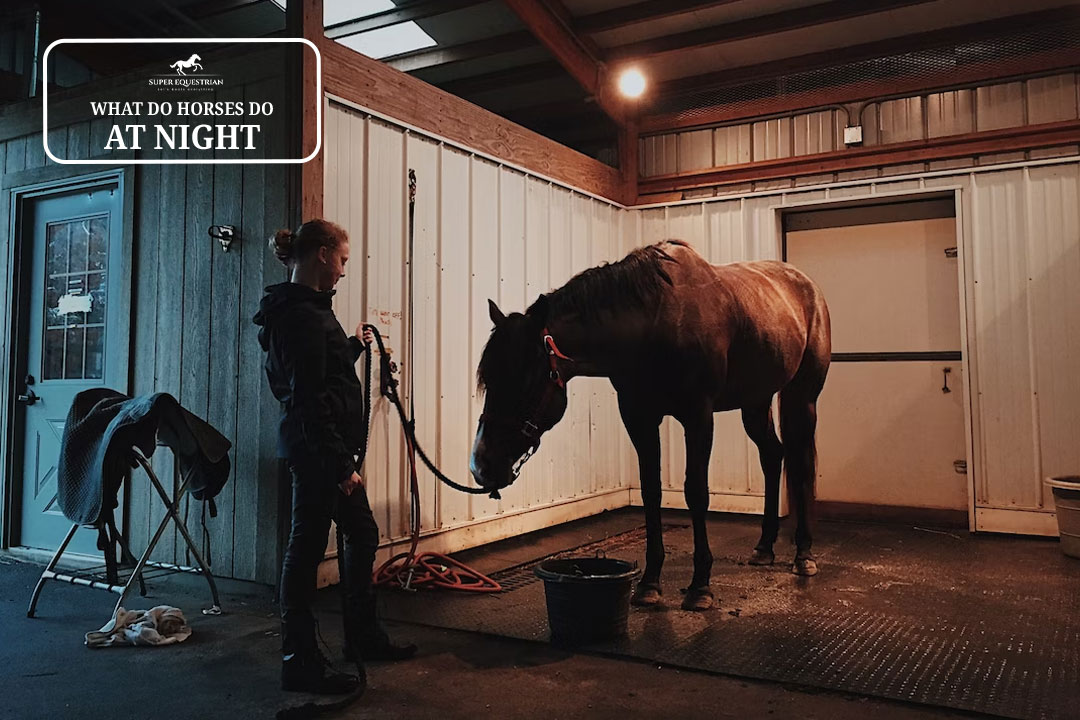
What Do Horses Do At ...
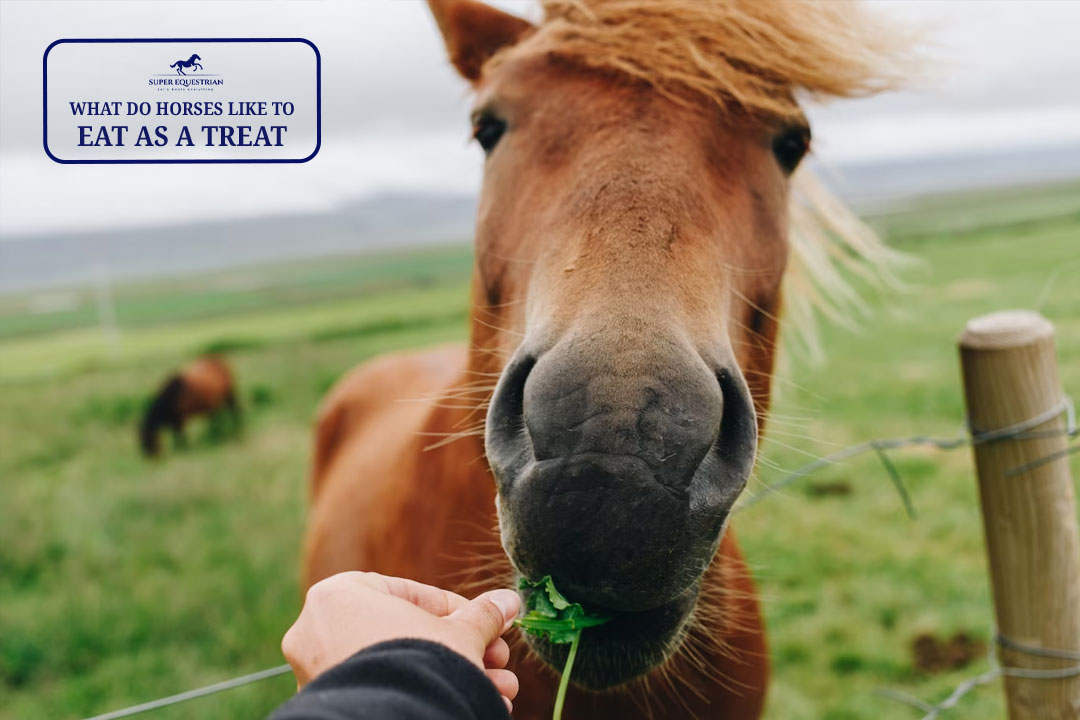
What do horses like to ...

Why do wild horses get ...
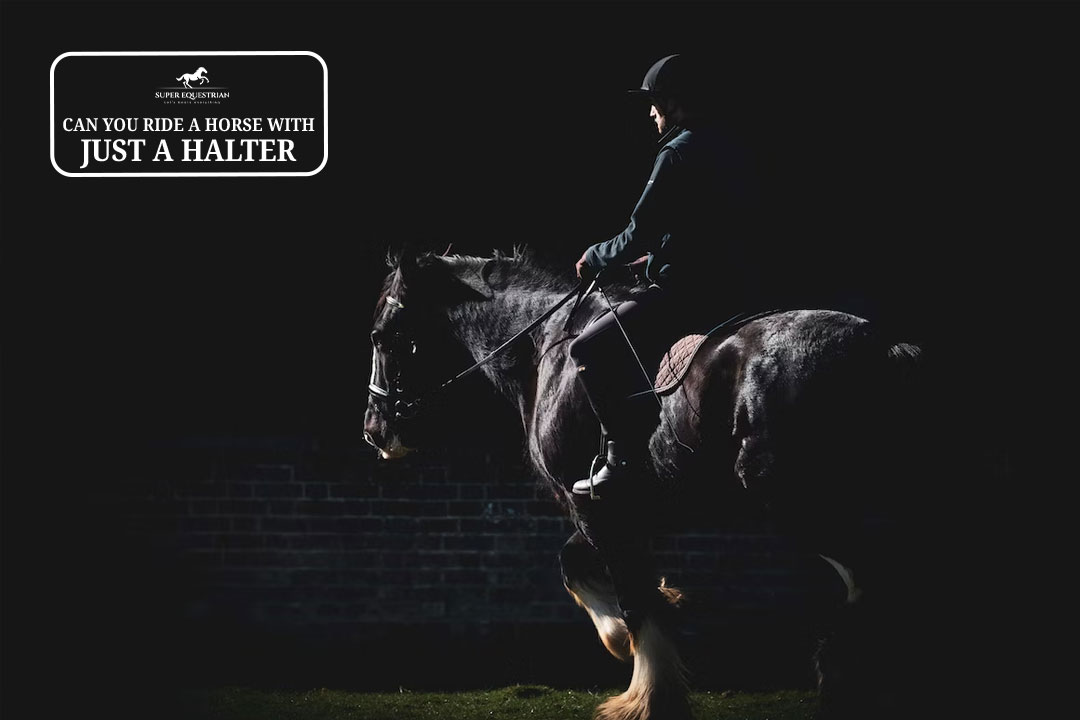
Can you ride a horse ...
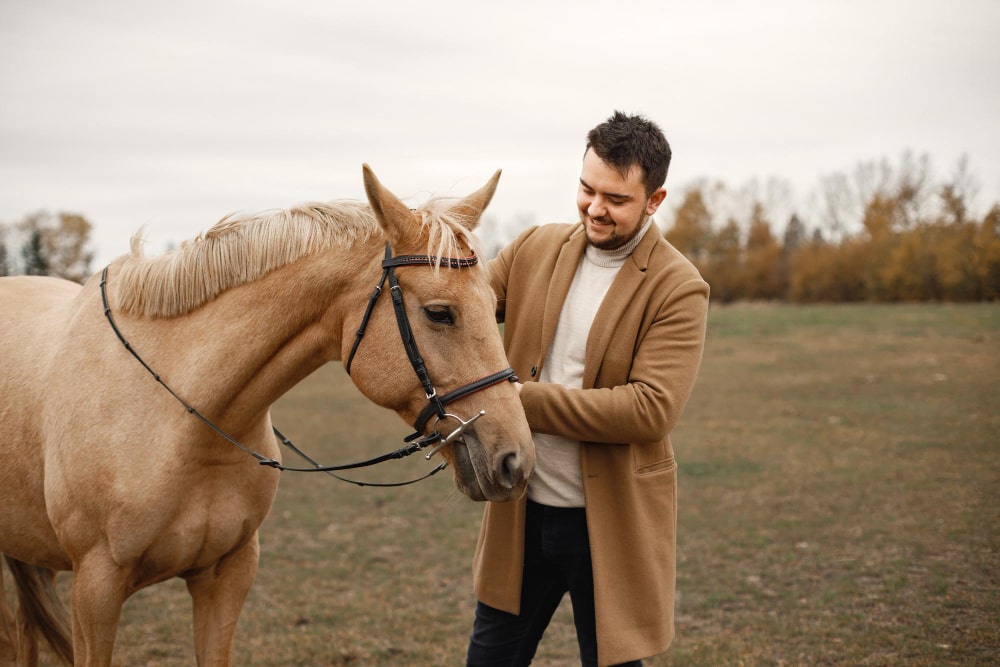
Are horses protective of their ...
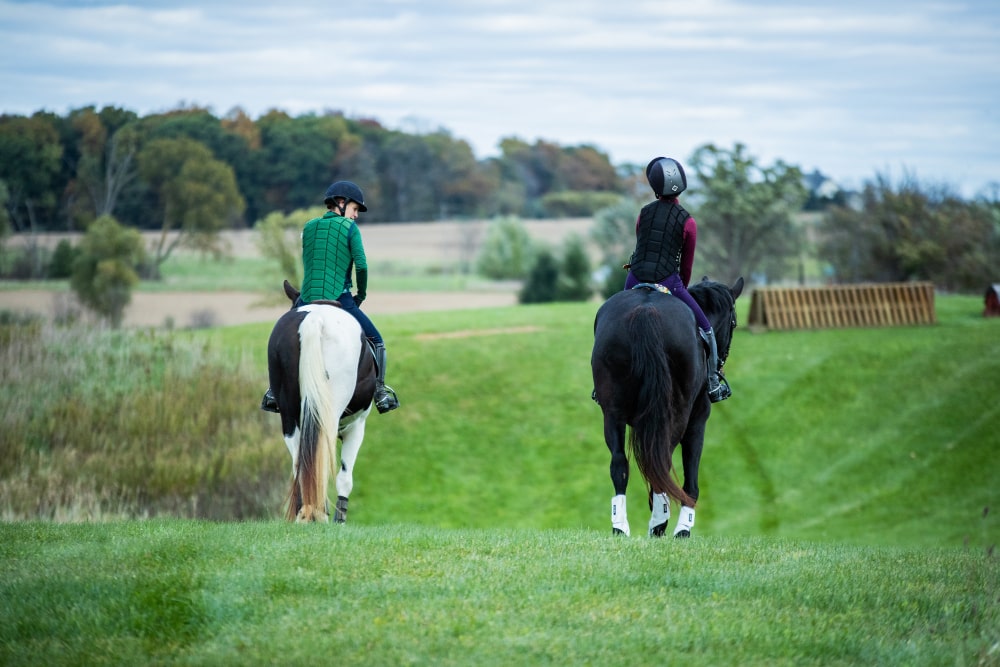
Why racking horses are popular ...
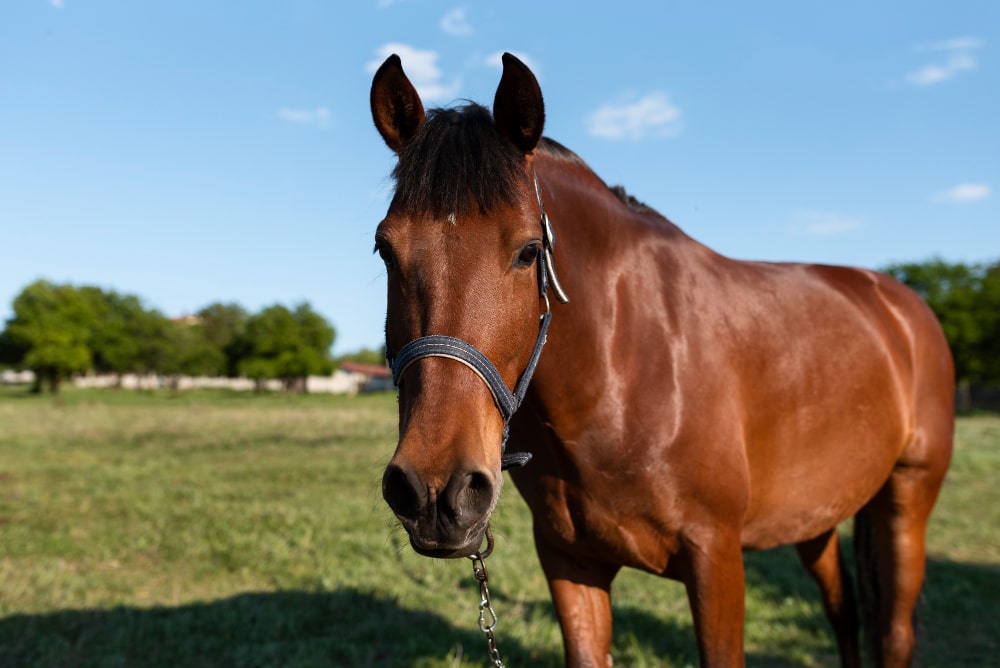
How To Keep Horses Off ...
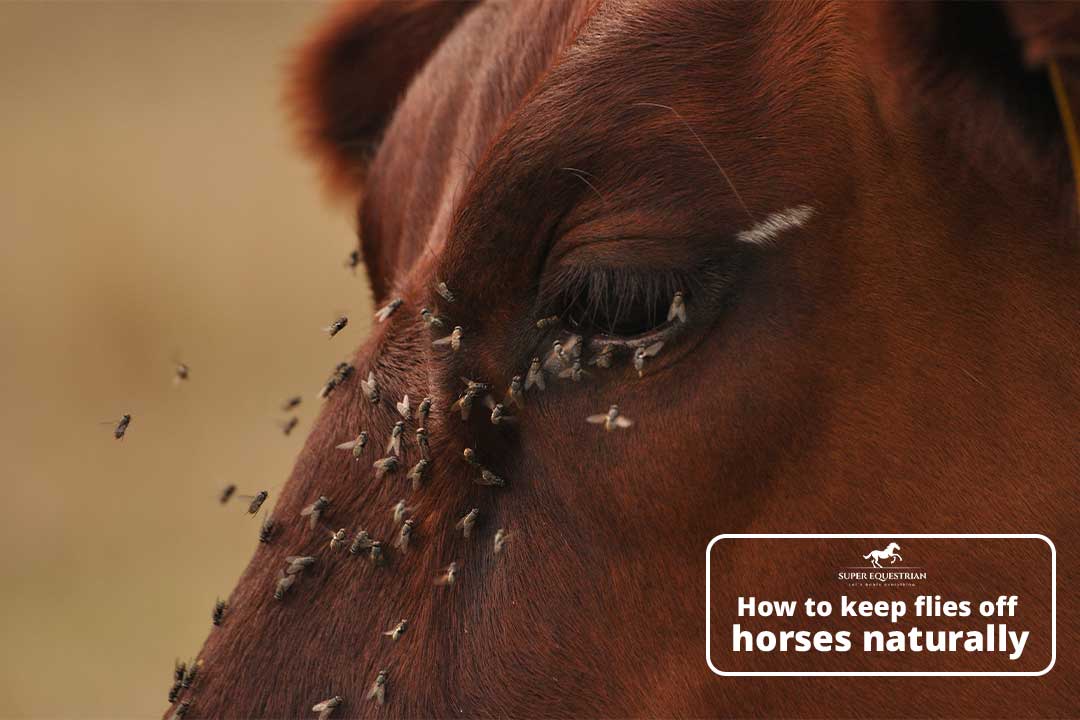
How to Keep Flies Off ...
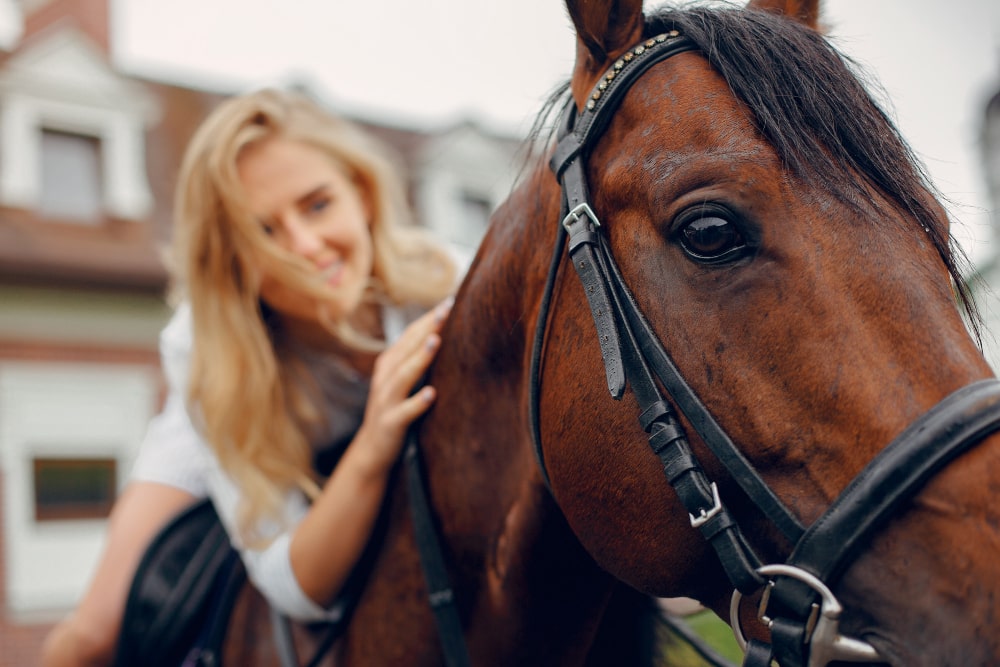
Pros and Cons Using A ...
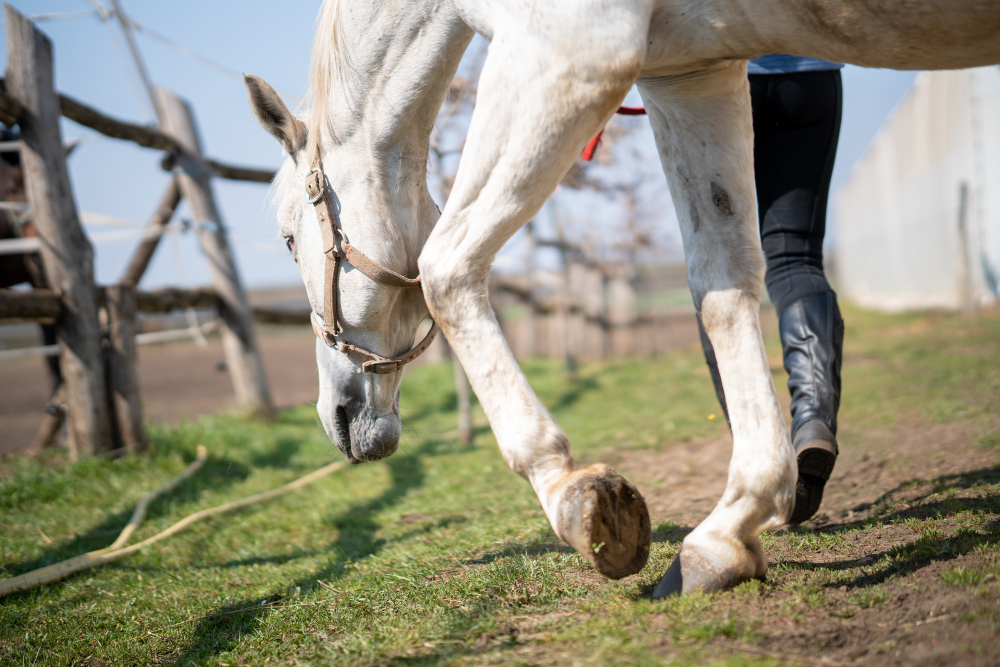
Can you ride a horse ...

Why are Corriente saddles so ...
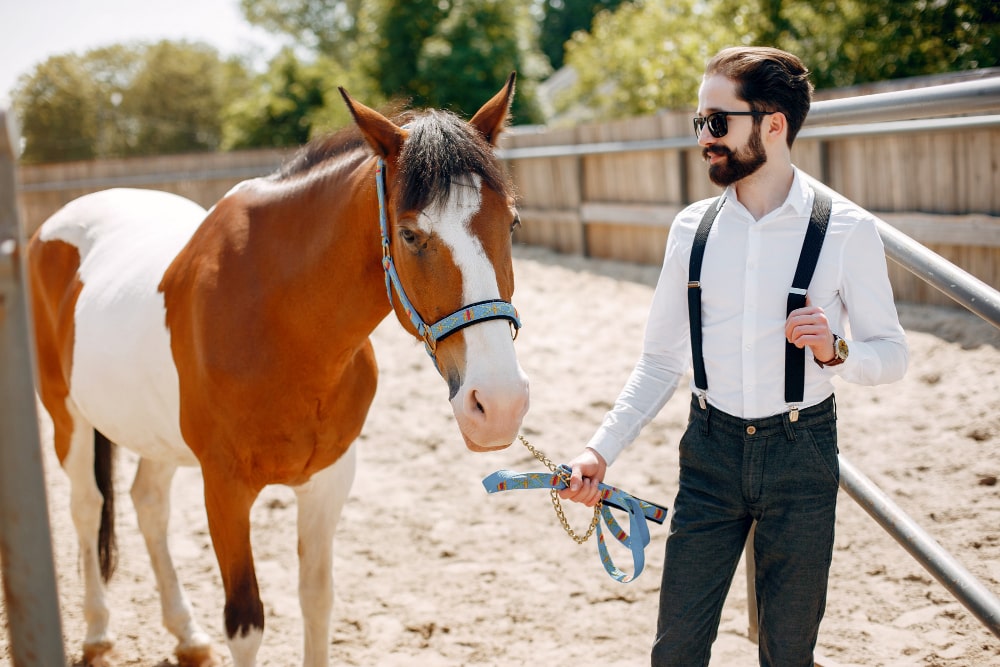
Pros and cons of equine ...
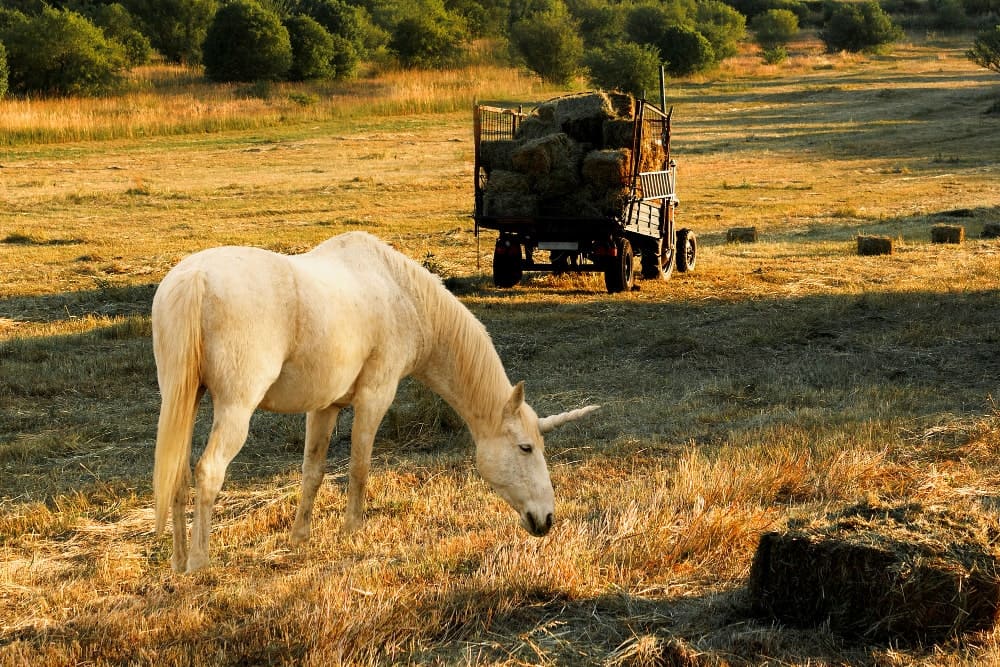
How Long After Mowing Can ...

How to Care for a ...
.jpg)
Why Do Horses Wear Blinders: ...
.jpg)
How to fit an exercise ...

Why is my horse bucking ...
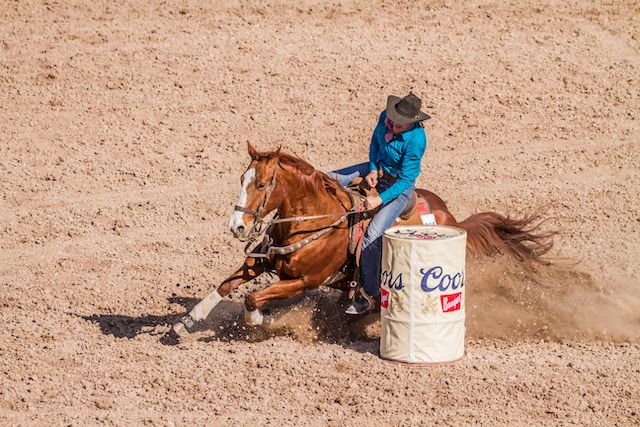
What causes a horse to ...
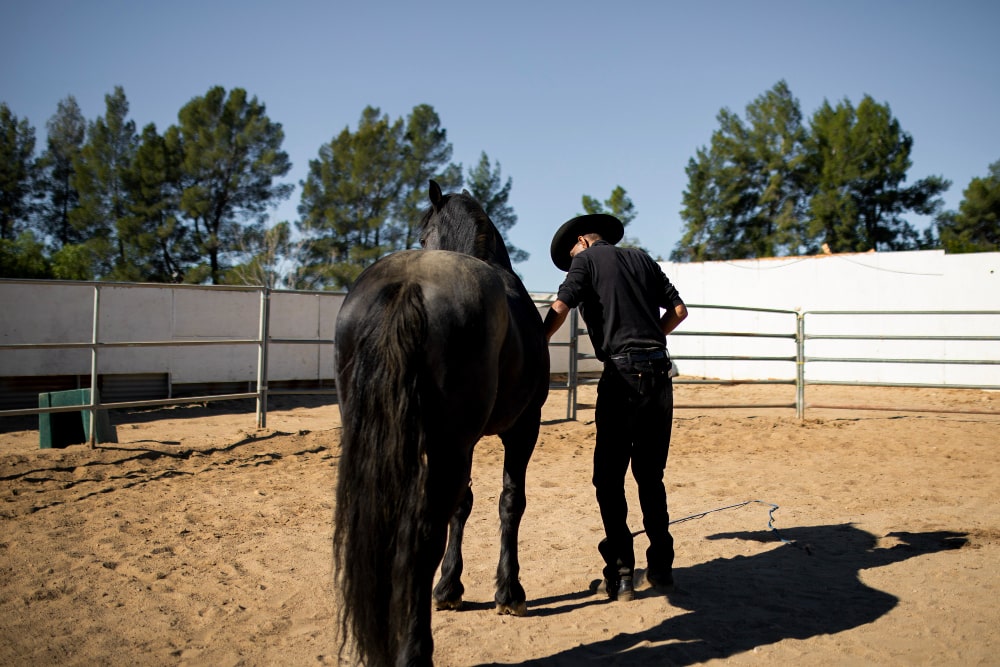
How to Stop a Horse ...
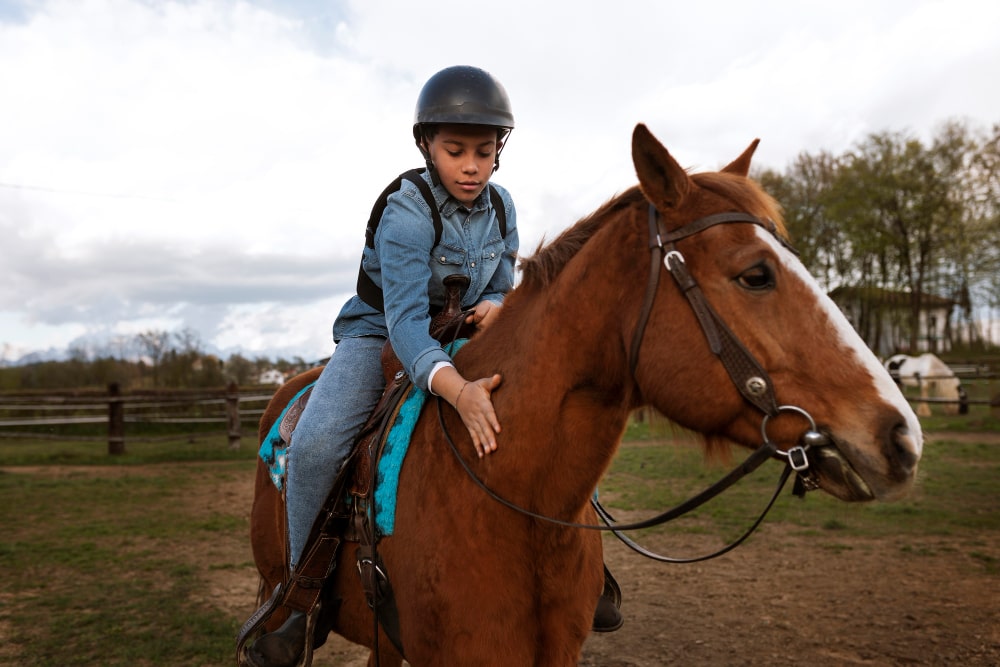
Why Is My Horse Bunny ...
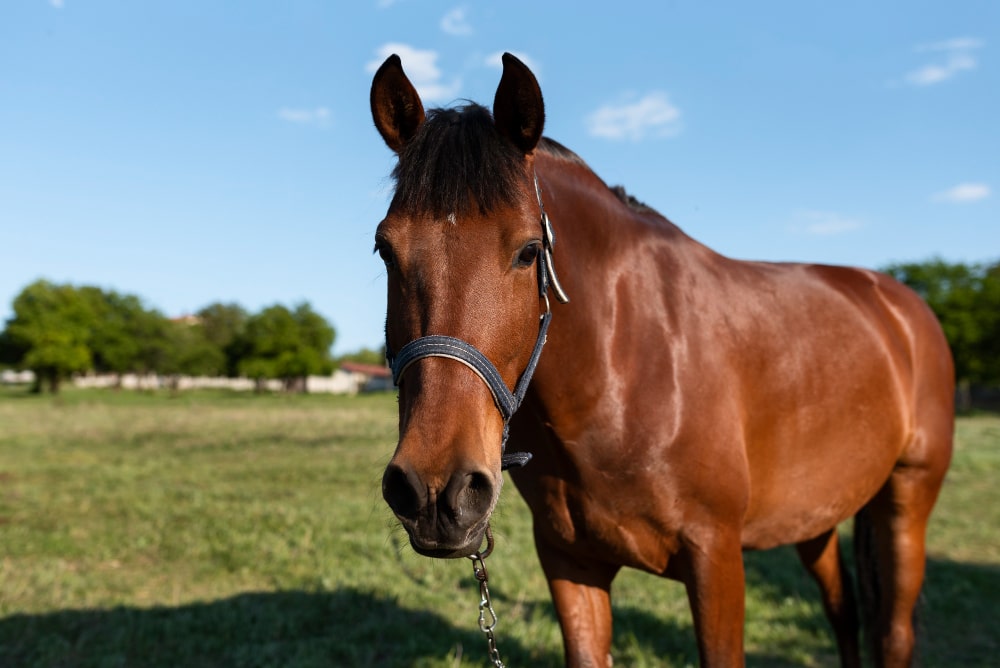
How To Improve Pasture For ...
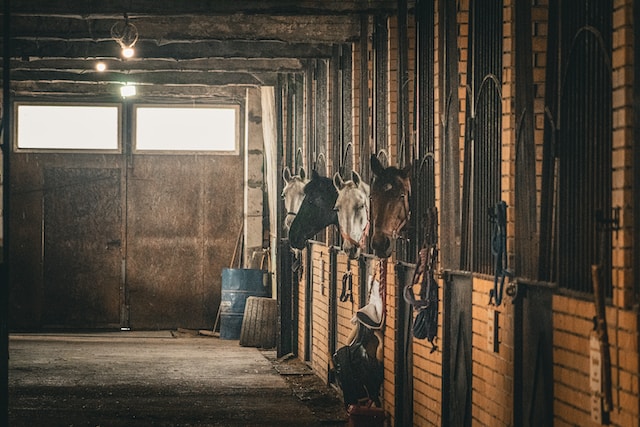
How to get the smell ...

Can you add ramp to ...

What Is The Temperament Of ...
.jpg)
Why Is Friesian Horse Hair ...
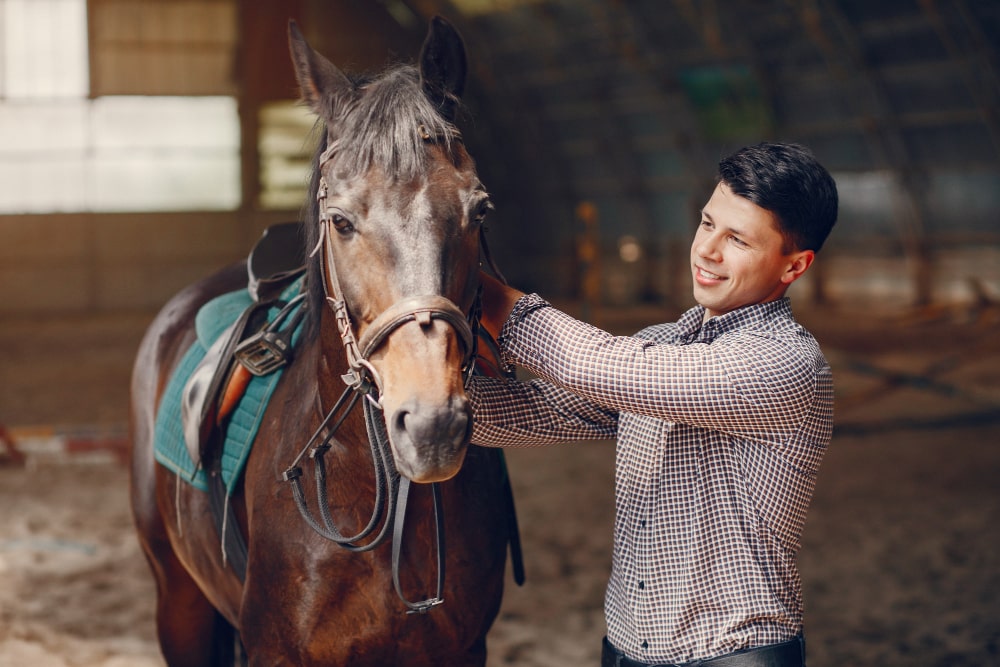
Why is my horse testing ...
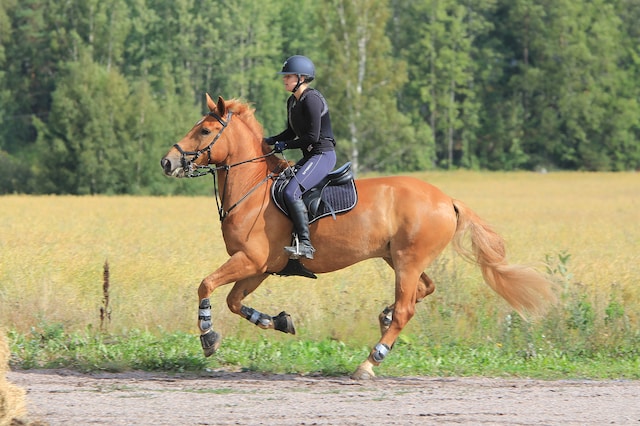
How often you should take ...
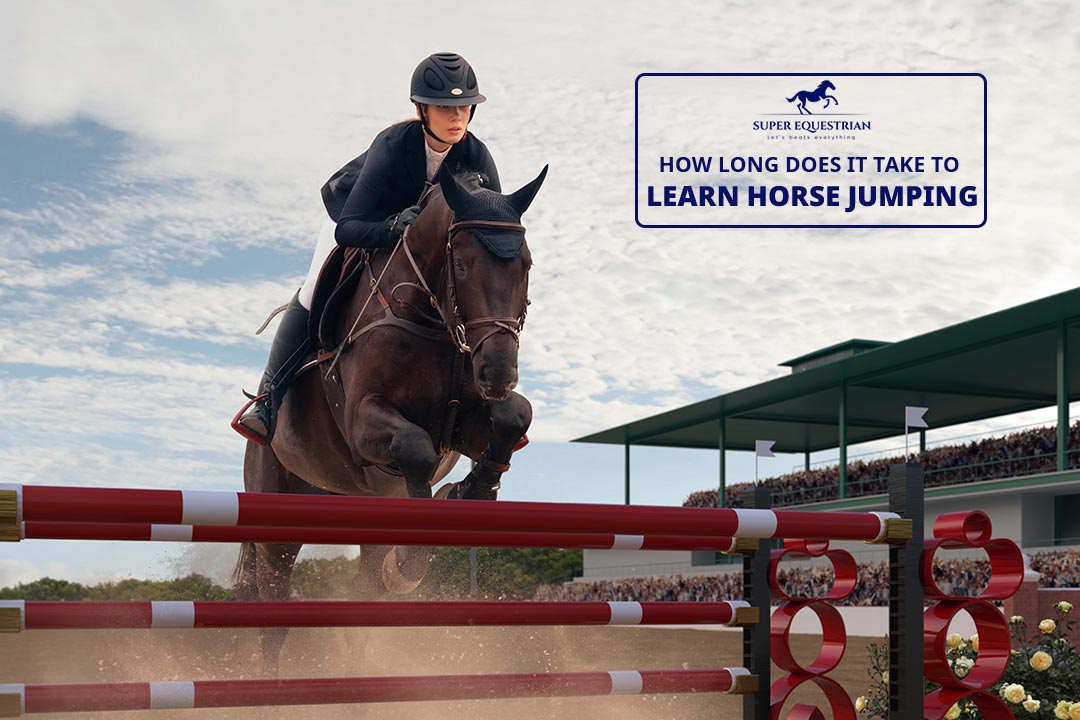
How long does it take ...
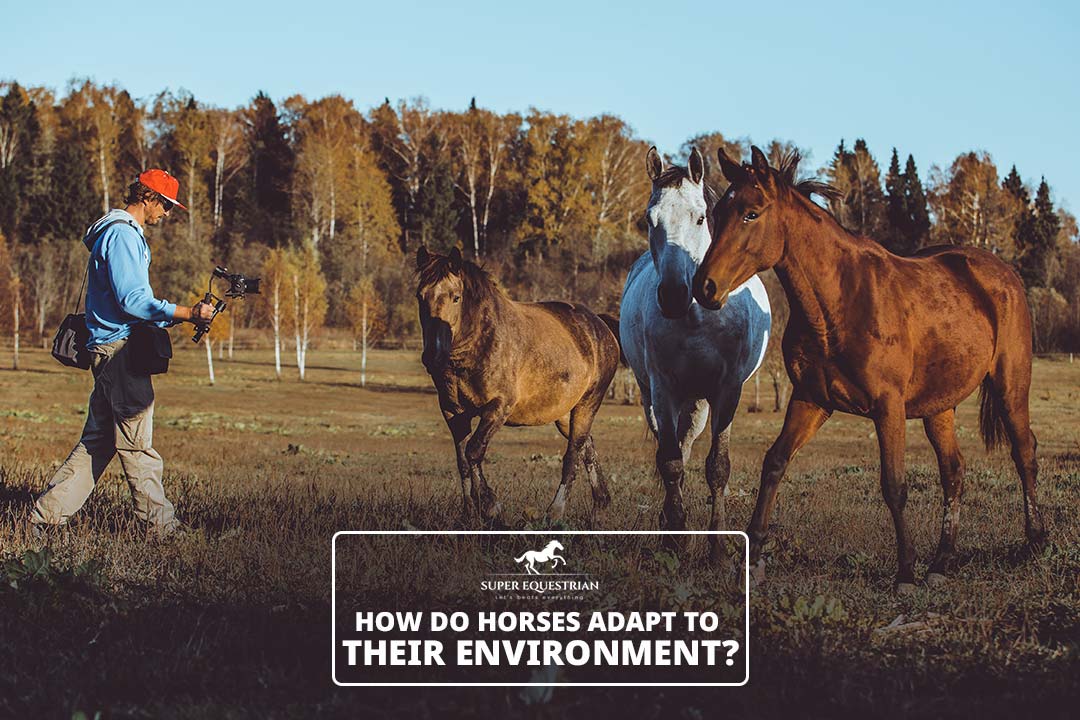
How do horses adapt to ...

How To Prepare For A ...
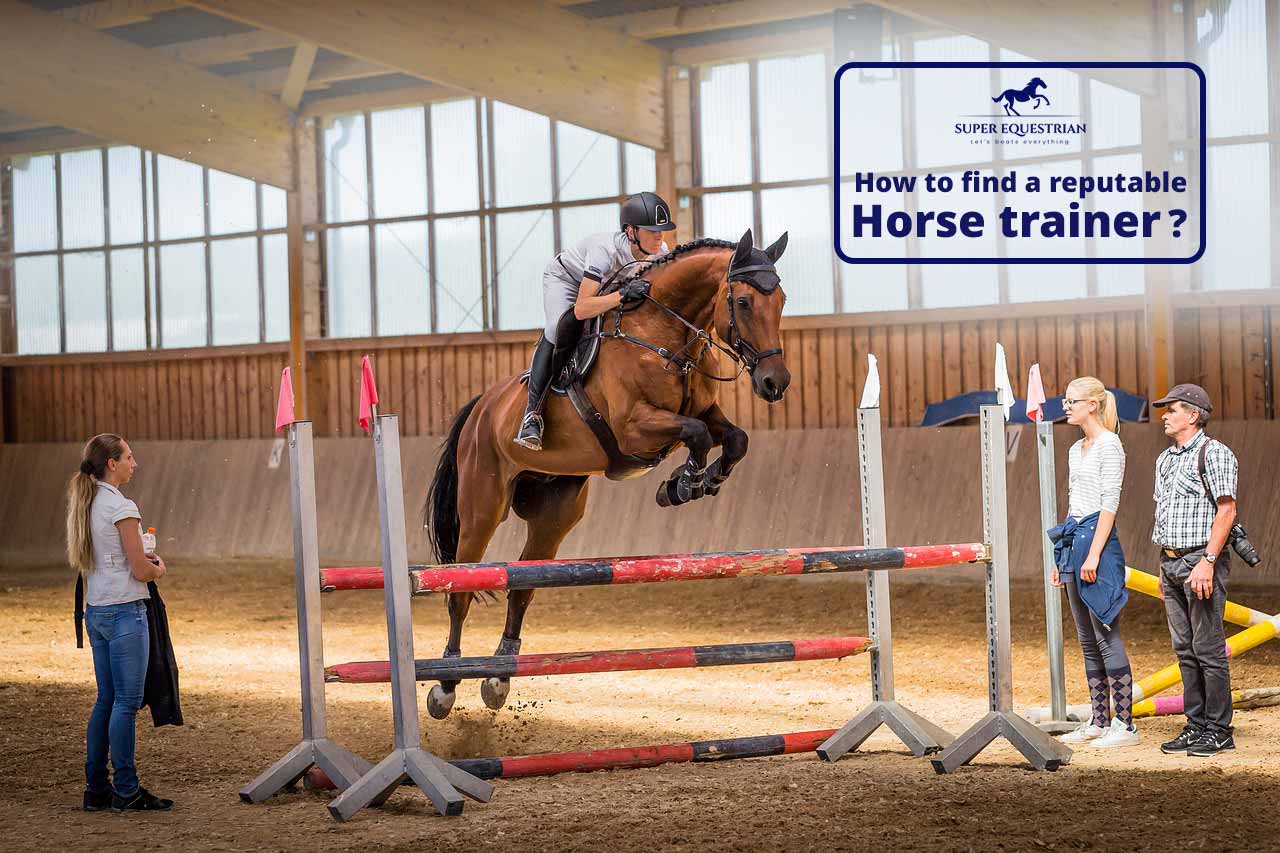
How To Find A Reputable ...
.jpg)
Do Horses Get Medals at ...

How to create a horse-...